Marathon Nutrition: Your Guide to Eating Well
Correct marathon nutrition is critical for optimal performance and training.
As you begin to increase your weekly mileage and your long runs you will also need to become more aware of what food you are taking in.
The more you run, the more energy you expend and the more you need to take in the right fuel/energy sources.
This page contains so many resources and great content specifically on:
- The goal of nutrition for a marathoner
- What your nutrition as a marathoner should consist of
- How many calories you need as a marathoner
- What are body uses as fuel while running
- The 3 main macronutrients
- Important micro-nutrients for runners
- A tip to help make your marathon nutrition easier
- When and what to eat before, during, and after a run
- + links to tons of extra resources!
First let's talk about what marathon nutrition isn't
Eating for a marathon, a.k.a. your marathon diet, is not about losing weight. Yes, you more than likely are going to shed a few pounds (or even more than a few). You are doing healthy, vigorous exercise, burning calories, and so there is a strong possibility you will see weight change.
your nutrition goal as a marathoner:
Your goal is not to lose weight but to be nutritious and take in the right food (fuel) that is need in order to utilize it for energy that will make you capable of running long distances!
The key is in eating a balanced diet! Eating well while training for a marathon does not mean that you need to start strictly counting calories or carbs.
It means eating when you are hungry and eating to build your energy reserves.
So What Should Your Marathon Nutrition Consist of?
Here's a great visual to help you see!
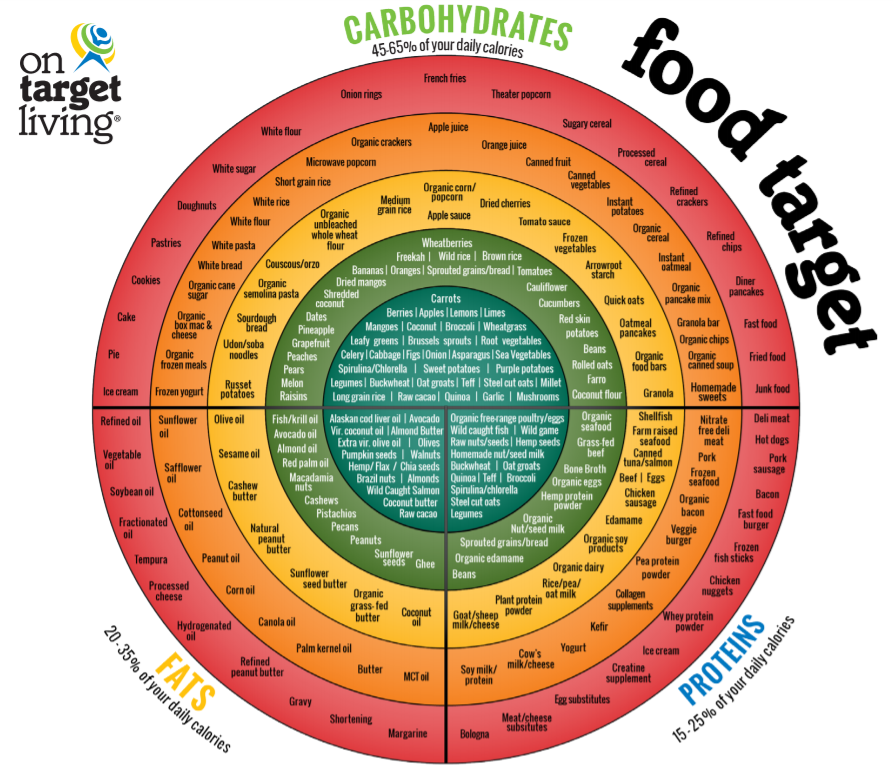
I found this simple food chart that I absolutely love from On Target Living.
It breaks down each of the macronutrients - carbohydrates, fats, and proteins into sections labeled "good", "better", and "best". I find it much more practical and useful versus the USFDA's food chart/pyramid/(or is it a plate now?).
It would be a great resource to print out and hang in your pantry or kitchen cupboard and use it to educate yourself (+ your children) on which are the best food choices you can make throughout your day!
We always want to opt for the best but better is still better than good.
notice how this chart is divided:
- half of your daily calories should come from carbohydrates
- a quarter of your daily calories should come from healthy fats and
- a quarter of your daily calories should come from healthy proteins
How many calories do you need as a marathoner?
On average, the typical person burns between 2,200 calories/day (female) and 2,800 calories/day (male) depending on activity level.
In order for you to just sustain basic physiological function you have what is called your basal metabolic rate (BMR).
Now if you multiply your BMR with an activity factor you can figure out how many calories a day you need to sustain your lifestyle.
If you are wondering what your EXACT fuel needs - how many grams of carbohydrates, fats, and proteins you personally need each day, as well as how to menu plan and eat as a runner, prep and recover for long runs & race days, then I recommend the EAT LIKE A MARATHONER Nutrition Course.
The Ultimate Guide to eating and fueling for marathon training and racing success! + get access and develop your own personalized marathon nutrition plan to implement before your marathon with our 9 STEP Prep Plan!
Get access to the EAT LIKE A MARATHONER Nutrition Course here!
We derive all of our energy from these 3 macro-nutrients
There is lot's to be discussed and understood about the nature of marathon running in order to really know what our body needs in order to allow us to perform such an ordeal as running 26.2 miles (or any long distance running!)
For simplicity's sake we will be discussing marathon nutrition in terms of the the three main macro-nutrients that comprise ALL foods and your marathon nutrition.
The 3 main macro-nutrients that make up all foods are:
- Carbohydrates
- Proteins
- Fats
Each of the above sections explains how that macro-nutrient is important for a long distance runner.
The each give general guidelines on how much of each you will need and lists foods of some of the best sources of that macro-nutrient.
Here's what we burn as fuel when we run:
Carbohydrates are the main macro-nutrient that your body will utilize for fuel as a marathon runner.
And the faster you run, or even the faster that you want to run, the more carbohydrates your body will require.
To put it simply, if you eat a carb-free diet (such as is prescribed by the first phase of the South Beach diet) you will have a very difficult time training and running a marathon.
It will be nearly impossible for your body to sustain fast speeds and be able to go the difference because you simply wont be giving it the caliber fuel that it needs in order to do so!
This section on carbohydrates explains very clearly why.
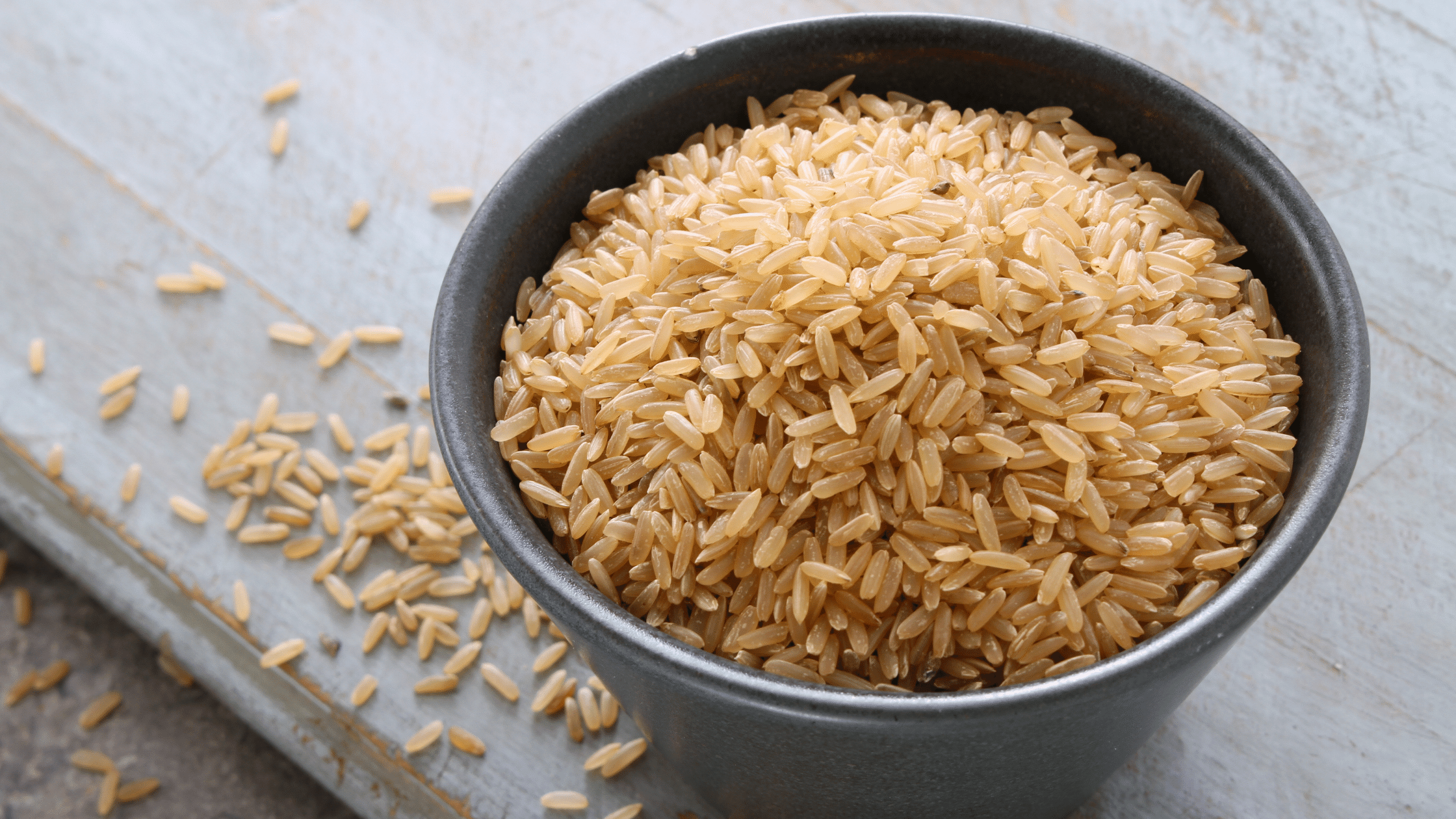
that being said, your body will also be utilizing some of your fat stores when you run.
In fact, you could power back to back marathons with all of the fat that your body has, yes, even in the leanest of runners.
However for the intensity level that we are working at when we run, we simply cannot burn fat fast enough for it to be the sole provider, or even the largest supplier of our energy.
This is why energy drinks and energy chews are so important for marathon runners.

Protein plays an important role in the recovery of the body.
It acts as a repair agent to our muscles that have undergone serious trauma, micro-tears, etc, especially after a long run or race.
However, the amount of protein that is used as fuel for the body while running is almost completely negligible.
It's importance lies in strength and recovery. So stick to carbo loading before a big race and save most of your "protein loading" for after.
See this page for a list of high-protein foods.
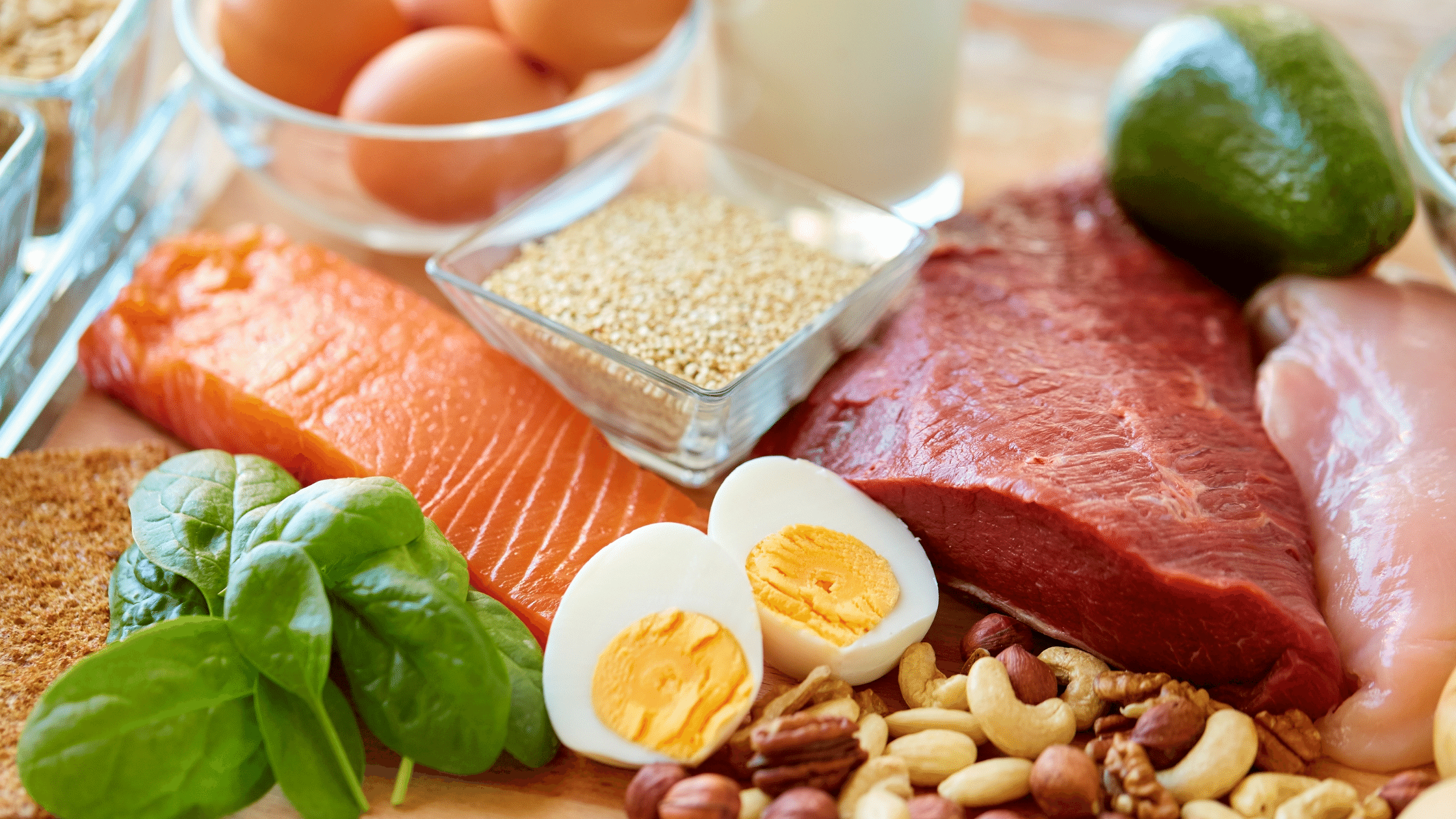
Important Micro-nutrients to be Included
There are other important nutrients that need to be discussed in regards to marathon nutrition, particularly these 2 micro-nutrients.
Water & Energy Drinks
Needless to say, water is vital to life and even more so to a runner who is running long distances, especially when out in the elements.
However we need to constantly be taking in water throughout our entire day in order to not begin any run in a state of semi-dehydration.
Energy drinks are critical to the success of any serious marathoner! Be sure to read our section on the importance of energy drinks for a long-distance runner.
They not only help to keep our energy stores replenished but they also help us avoid a life-threatening condition called hyponatremia that comes from drinking too much water when running and not replenishing our electrolyte stores.
Here are some extra tips on staying hydrated while running.
Here is also a list of the best recovery drinks for runners post run and especially long run!

Vitamins and minerals
As long as you are eating a well-balanced healthy marathon nutrition diet, you should be getting enough vitamins and minerals.
Science does know now that B vitamins, such as riboflavin and niacin, play a role in our energy production pathways and so endurance runners may benefit from taking these supplements.
Iron is an important mineral as well it transports oxygen in our blood and it may be beneficial to endurance training as well.
For all of the supplements that I recommend runners take, see this page.

quick note for females
Female runners are at a disadvantage since problems with insufficient iron (anemia) can arise mainly due to their menstrual cycles.
Thus it is important that female endurance runners are getting enough iron. Iron can be taken in through eating leafy greens although taking an iron supplement might be the easiest way to maintain your iron levels
I want to challenge you to make one very effective change in your marathon nutrition, starting right now. (It's my #1 tip.)
Your nutrition as an athlete, in particular, as a marathon athlete, is similar to the guidelines that the above Eat Well Plate illustrates but I want to you to challenge yourself to make one very effective change.
Every time you eat a meal, include 2 servings of either a fruit or vegetable, or a combination.
By the end of the day, you will have eaten your recommended servings of fruits and veggies.
You will also be giving your body an incredible, healthy source of complex carbohydrates, which is going to be your main substrate in generating your energy/fuel for running.
Sounds simple enough, huh?
It is in theory but you will have to be on your game, have those healthy, fresh foods in your house, to actually prep them and eat them.
But it will make such. a. difference. In your energy levels, in your running, and in the way you look, and feel.
Just make it your one nutritional change right now!

Also, it does help to track!
Remember, marathon nutrition is not about having to meticulously record every gram you eat of each nutrient. If you want to though then go for it!
You can learn a lot about yourself and your diet.
You’re other option is to use ball park figures. Some people prefer to keep food logs to find out what works best for them. This is a fantastic idea!
By tracking what you eat you can pinpoint what foods and nutritional substances you might be skimping on and also find out what feels best for you in regards to eating and running.
If you have been having issues with bloating, feeling sluggish, not having enough energy, not being able to complete your runs, then having a food log where you can go back to and look at what you have been eating may help in seeing a pattern of what might not be serving you and your running.
daily marathon nutrition action tip
One idea is to write down the foods you eat throughout the day in your running log if you keep one.
Another plus: It’s a great motivating tool to have a food diary (and for that matter a running log) to keep you excited about your training and on your way to success.
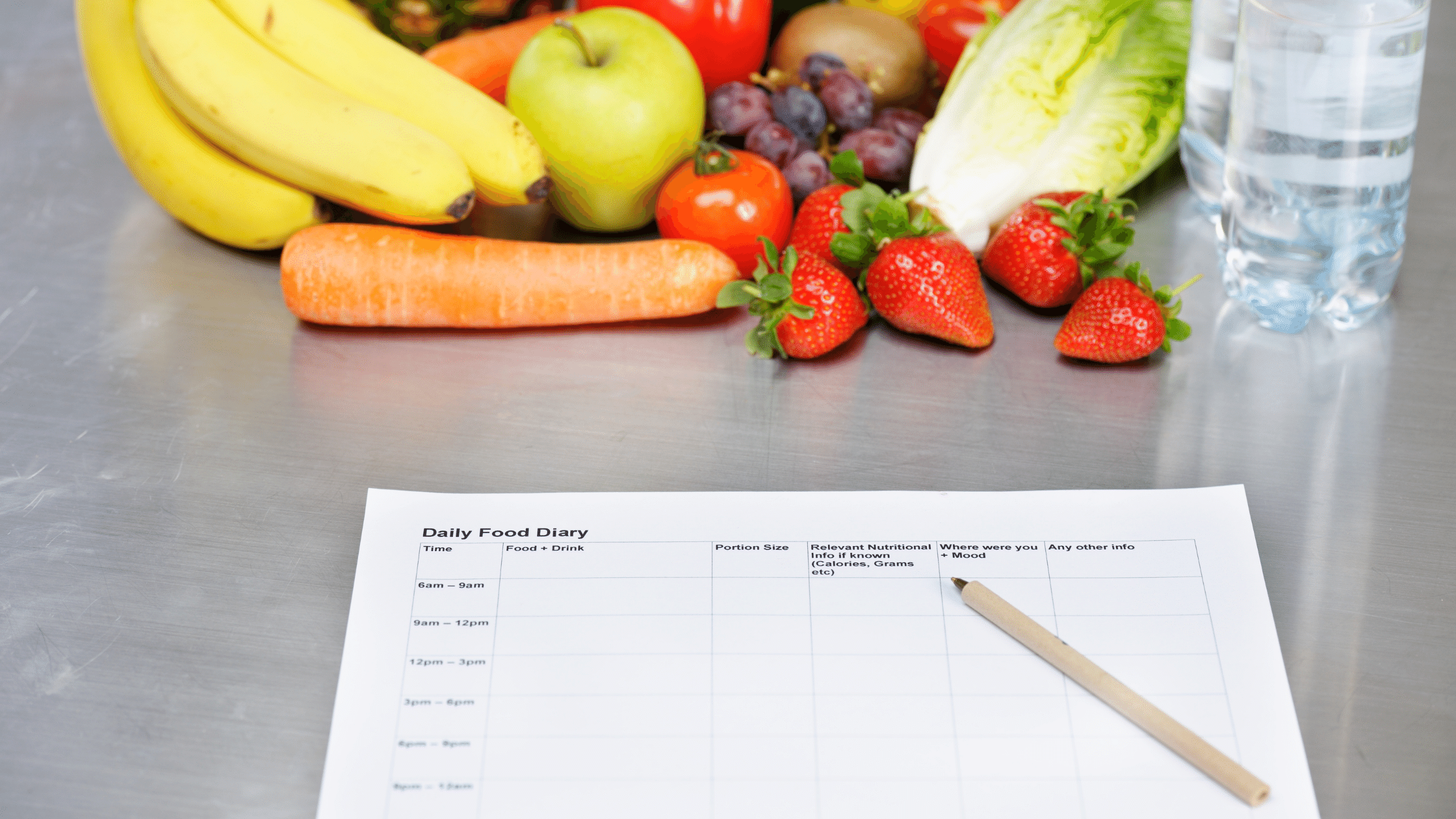
And Finally...When to Eat and Run?
This is a question that a lot of runners have but it really involves a lot of trial and error since there is still so much variability between runners.
A lot of runners find that they suffer from indigestion and are not be able to properly use and absorb the nutrients from the food if eat right before a run. As you run your body is shunting blood to your legs to supply them with oxygen and very little goes to you stomach.
Make sure you give food time to digest and become absorbed. Getting the correct nutrients will most definitely make a difference in your overall performance, mood, and well being.
You might be one of those lucky runners though that finds no issues with eating before a run. It all comes down to what your body can handle.
for longer runs
Schedule in any pre-long run meals about 4 hours ahead of your run to allow for adequate digestion and to derive fuel benefits.
Also, refuel with carbohydrates during and after to build back your dwindling glycogen stores that you have used up through running.
The best way to do this during a run is by using energy drinks as the liquid substance is absorbed much easier than a solid substance.
we have 3 sections entirely devoted to fueling for long runs:

for shorter runs under an hour:
You should be fine eating a light snack right before you but again, this is a personal choice.
You do not need to worry about refueling with food or your energy drink during the run though. Just be sure to adequately hydrate before and after your run!

Other helpful pages to read regarding marathon nutrition:
How to eat & Fuel as a runner
How to nutritionally prepare for a marathon
The Ultimate Guide to eating and fueling for marathon training and racing success! + get access and develop your own personalized marathon nutrition plan to implement before your marathon with our 9 STEP Prep Plan!
Get access to the EAT LIKE A MARATHONER Nutrition Course here!
There are so many benefits to eating healthy and having a clear marathon nutrition goal when it comes to marathon training. You will feel better and get rid of that sluggish, tired, afternoon-slump feeling- huge bonus when it comes to late afternoon/night runs.
Always remember that nutrition spells out your performance so good nutrition equals good performance.
As the saying goes, “Know yourself”. Figure out what works best for you and your marathon training, take in the recommended servings of the food groups and you will be on the street of good marathon nutrition!
It's easier than you think!
👋Sign up to receive the free printable strength exercises for runners: 👇
 |
As featured on:

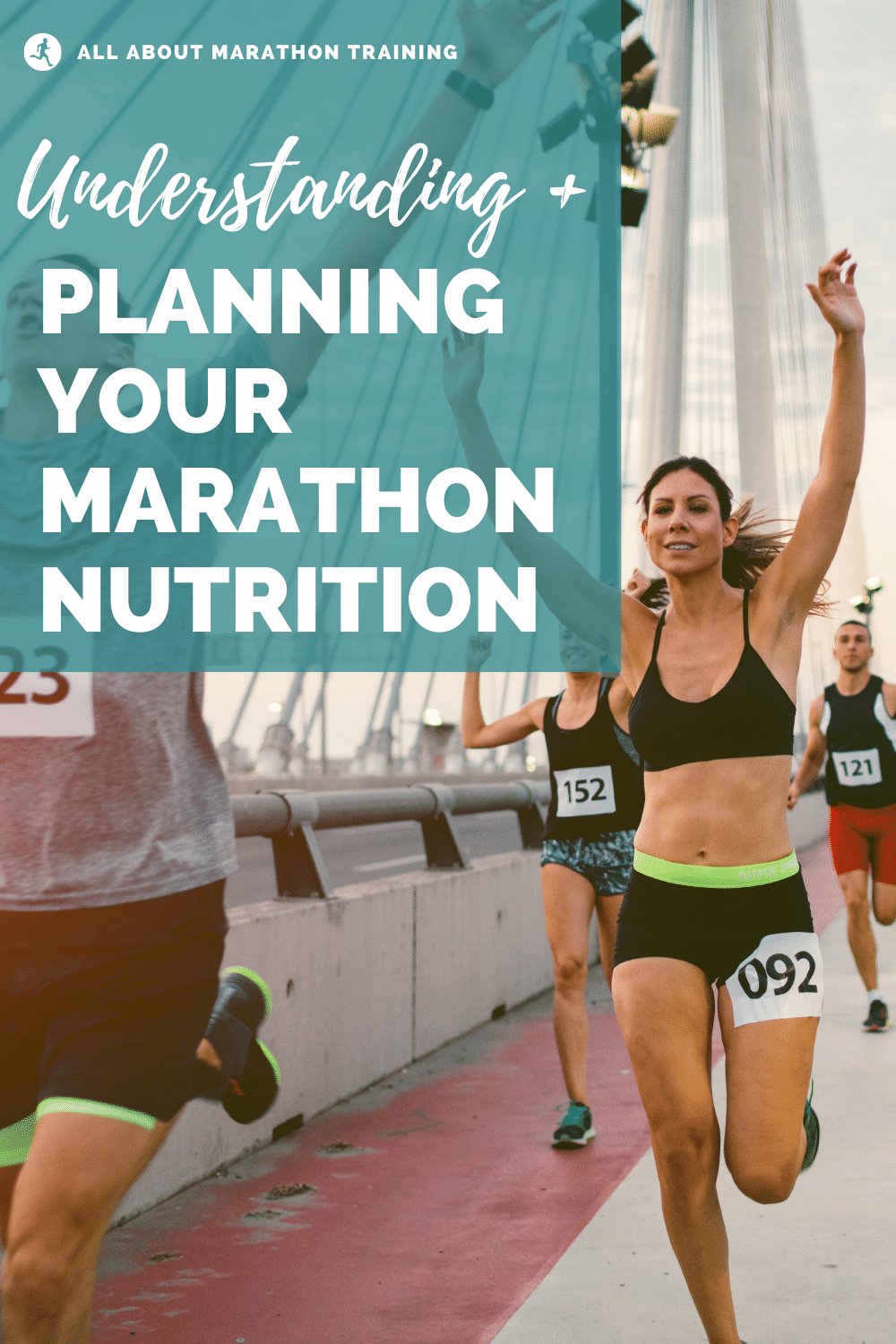
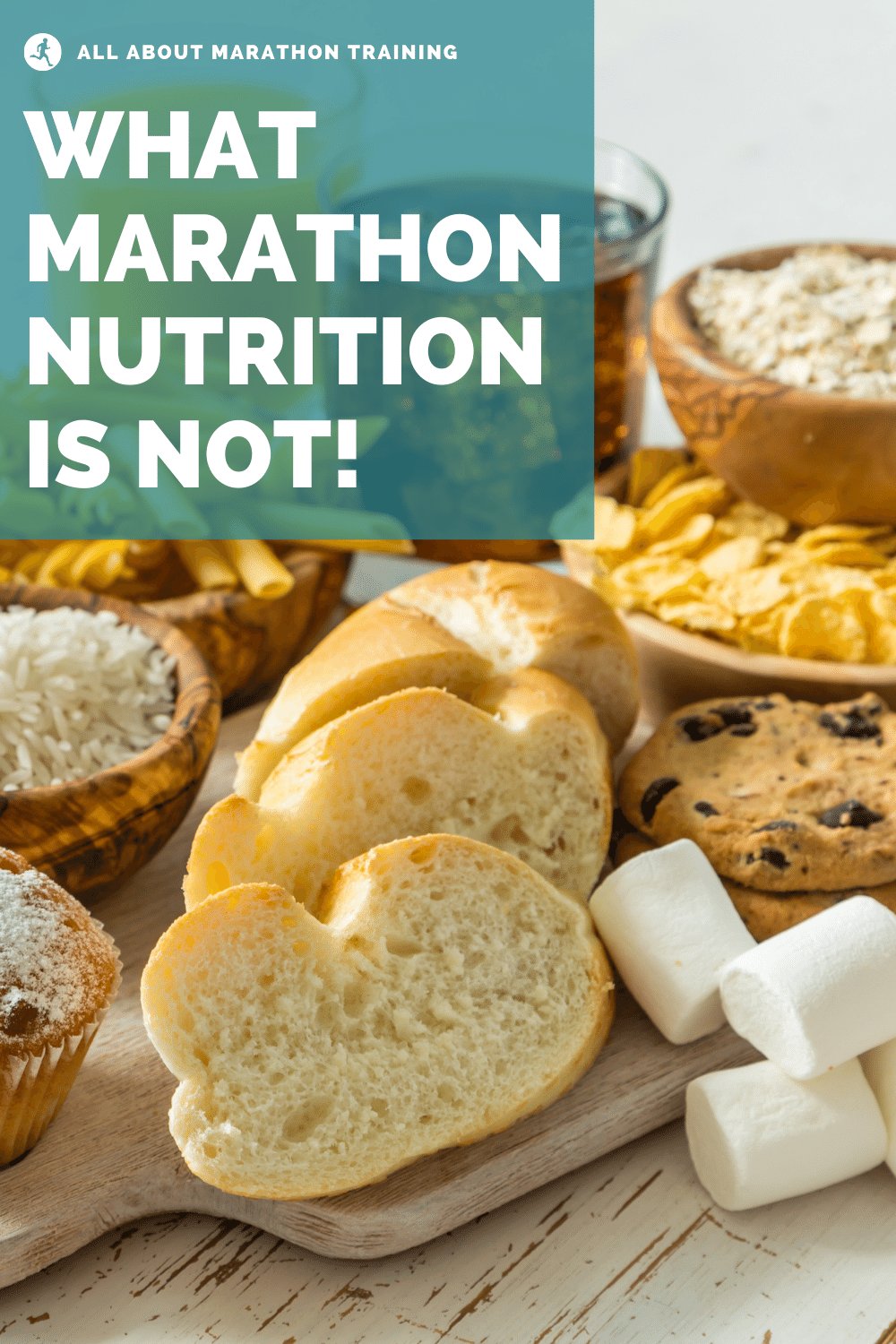

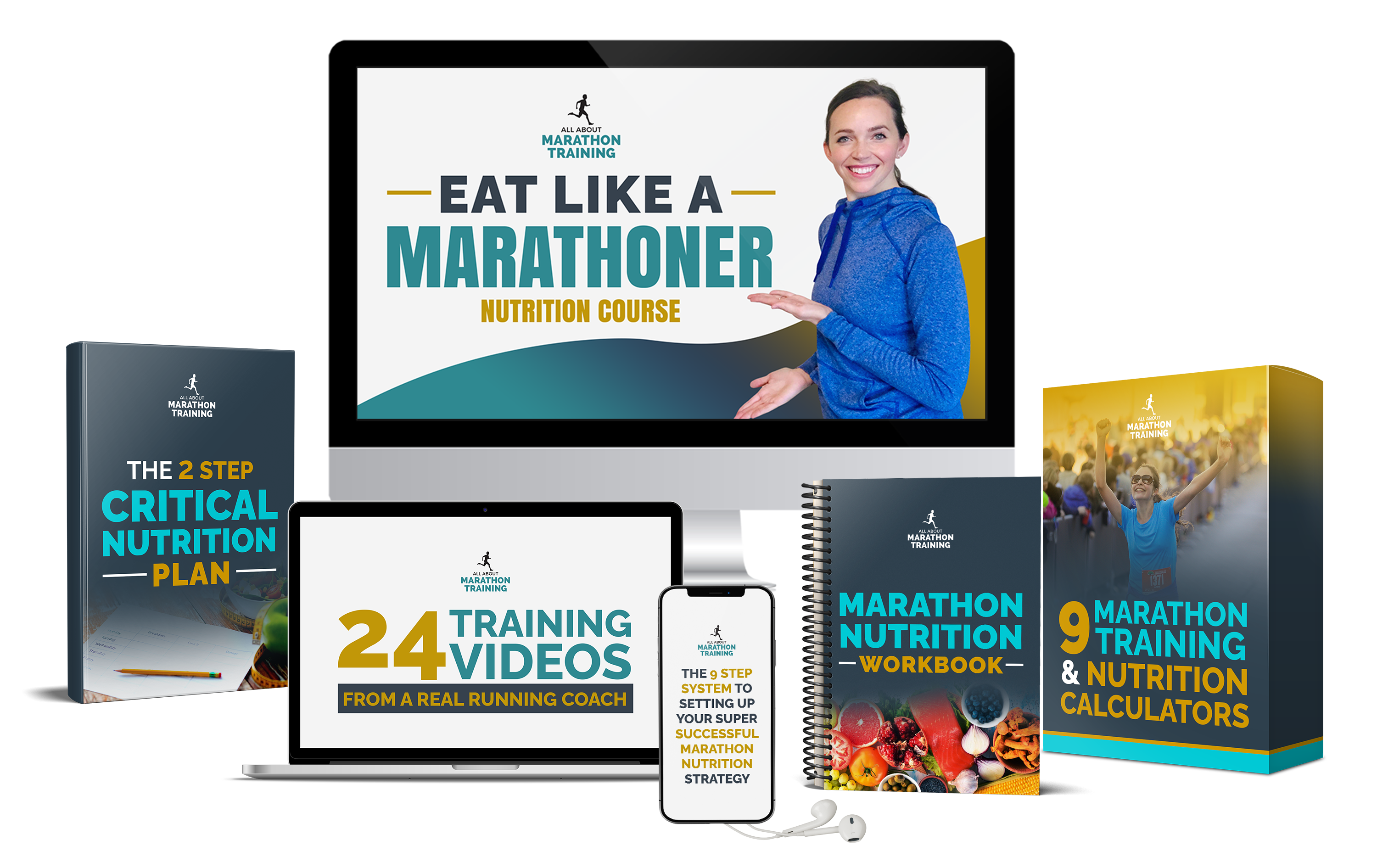
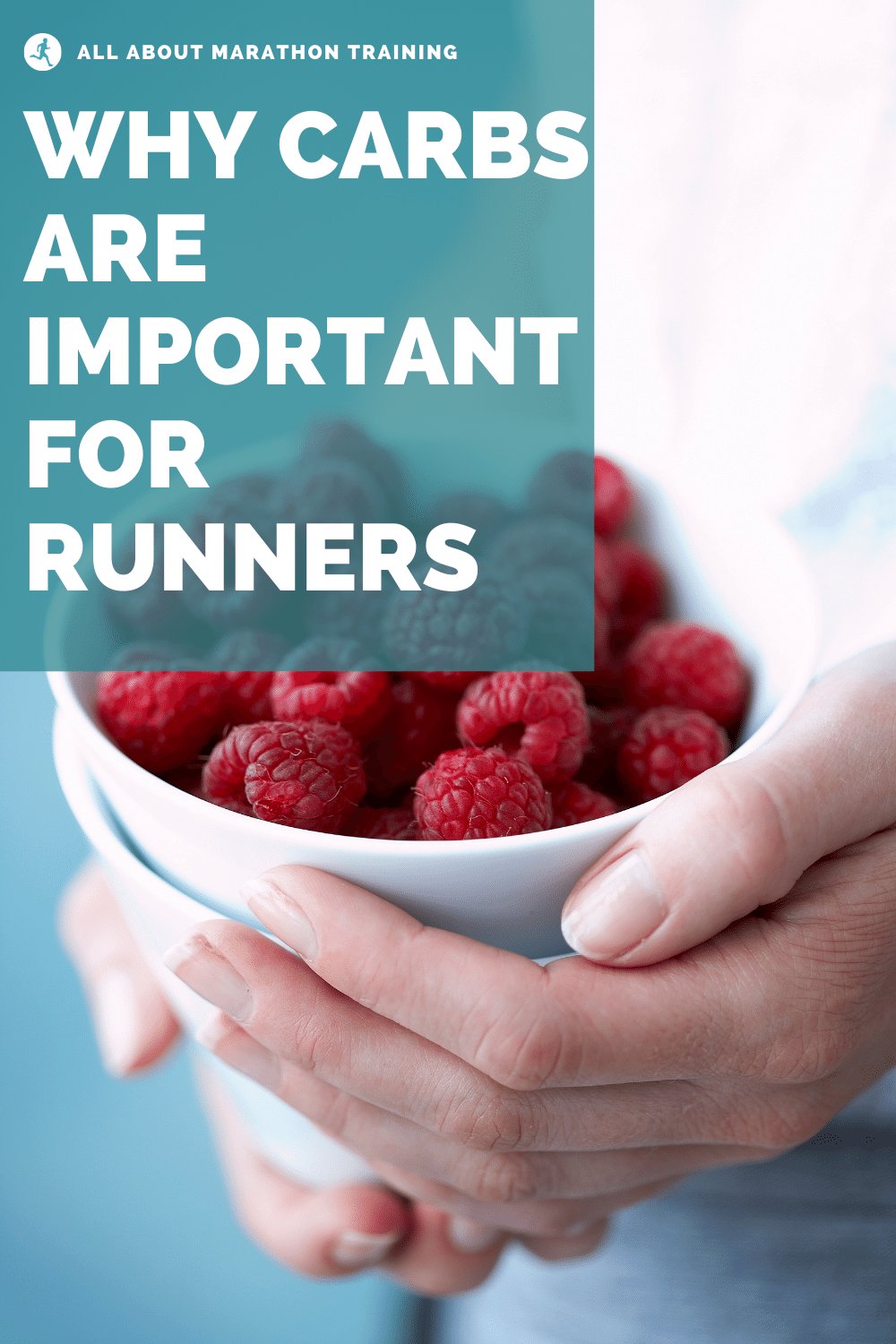
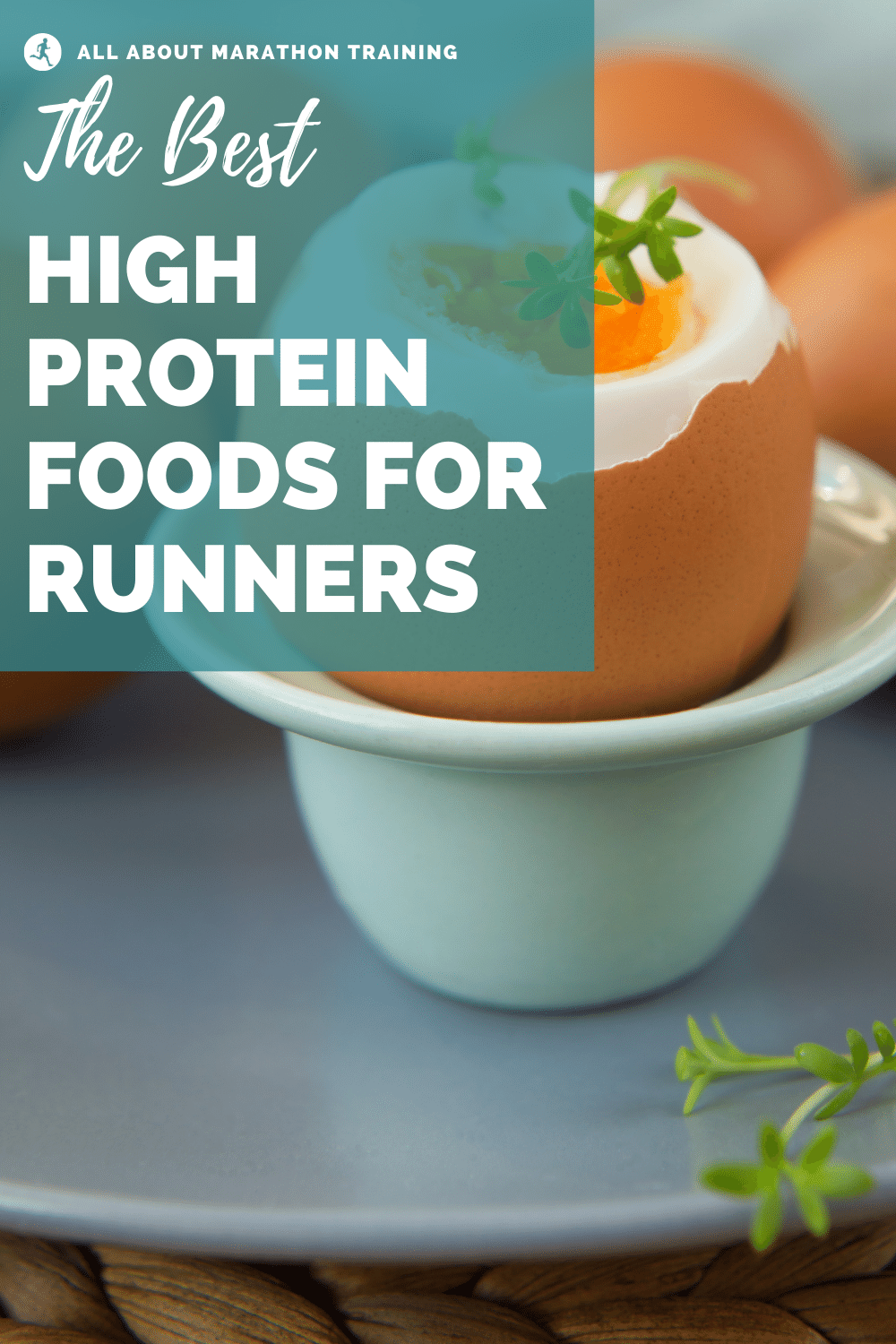
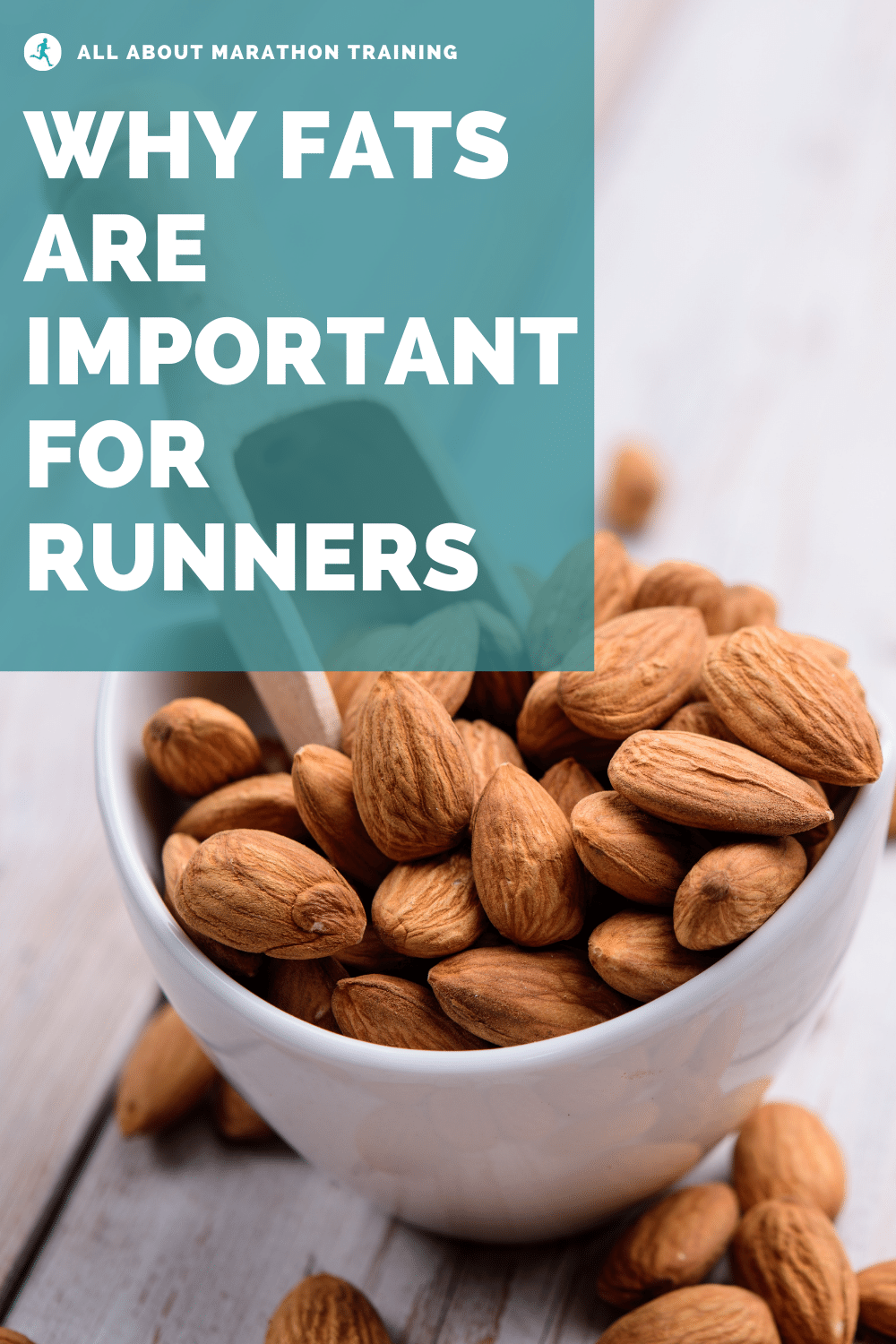

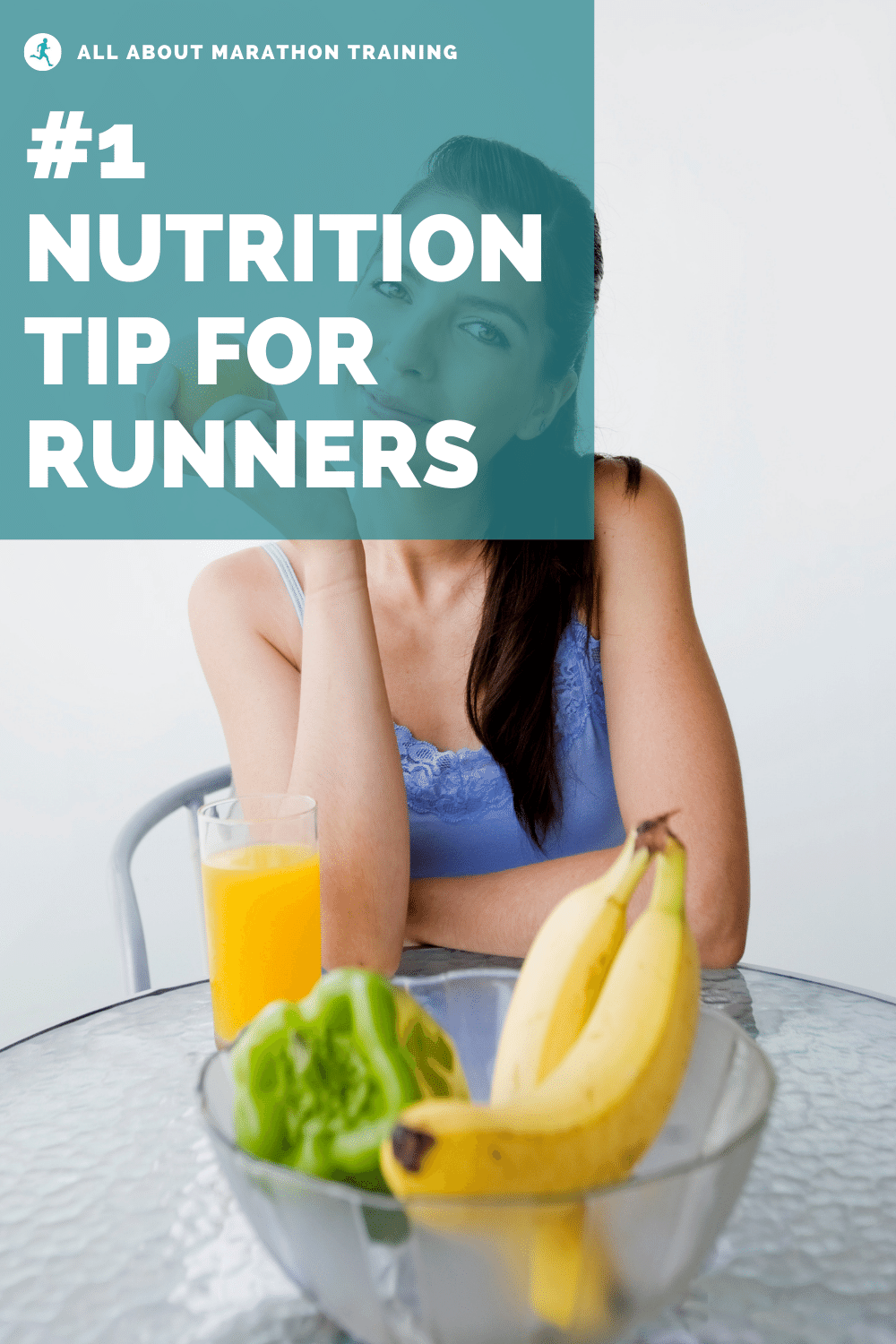


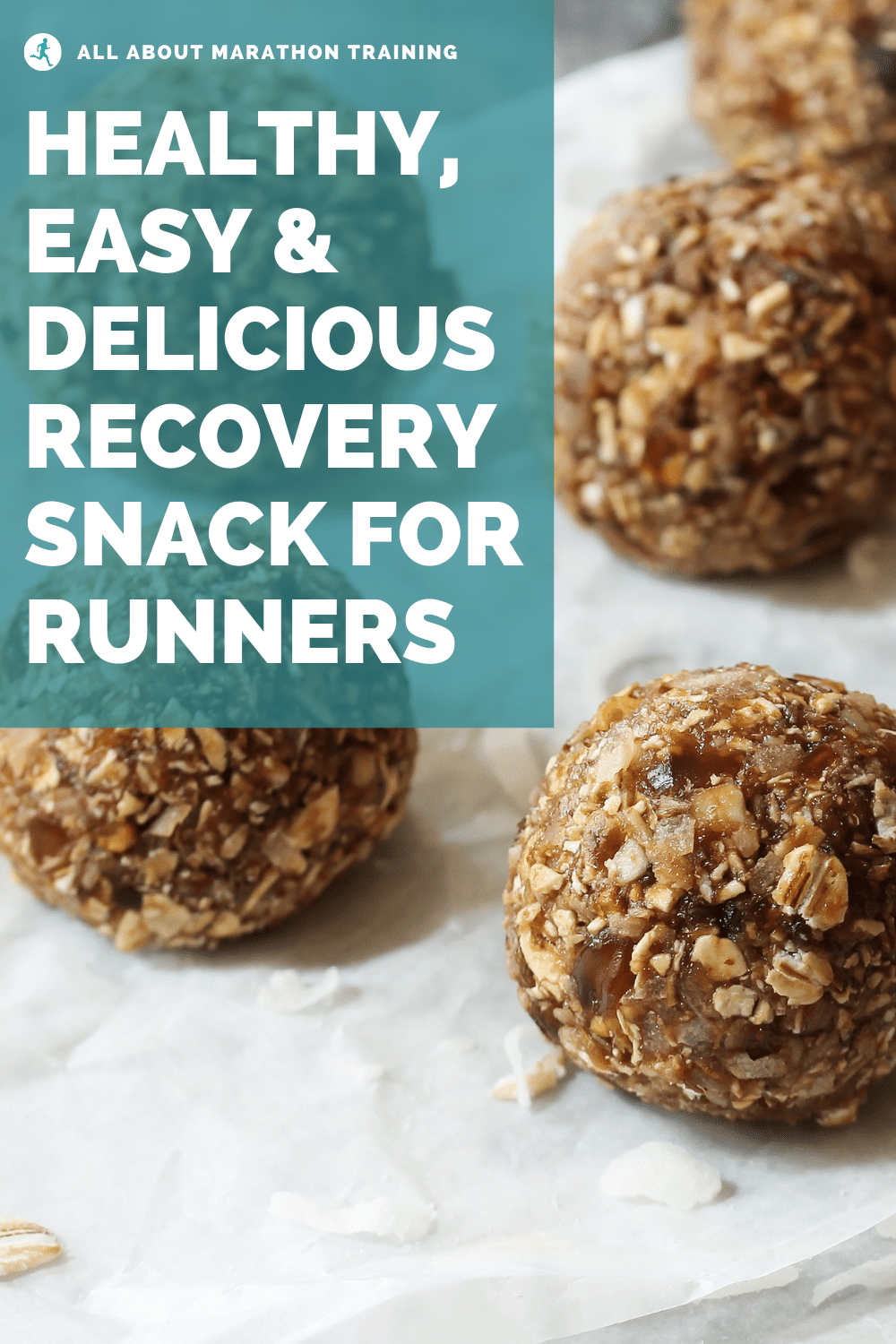
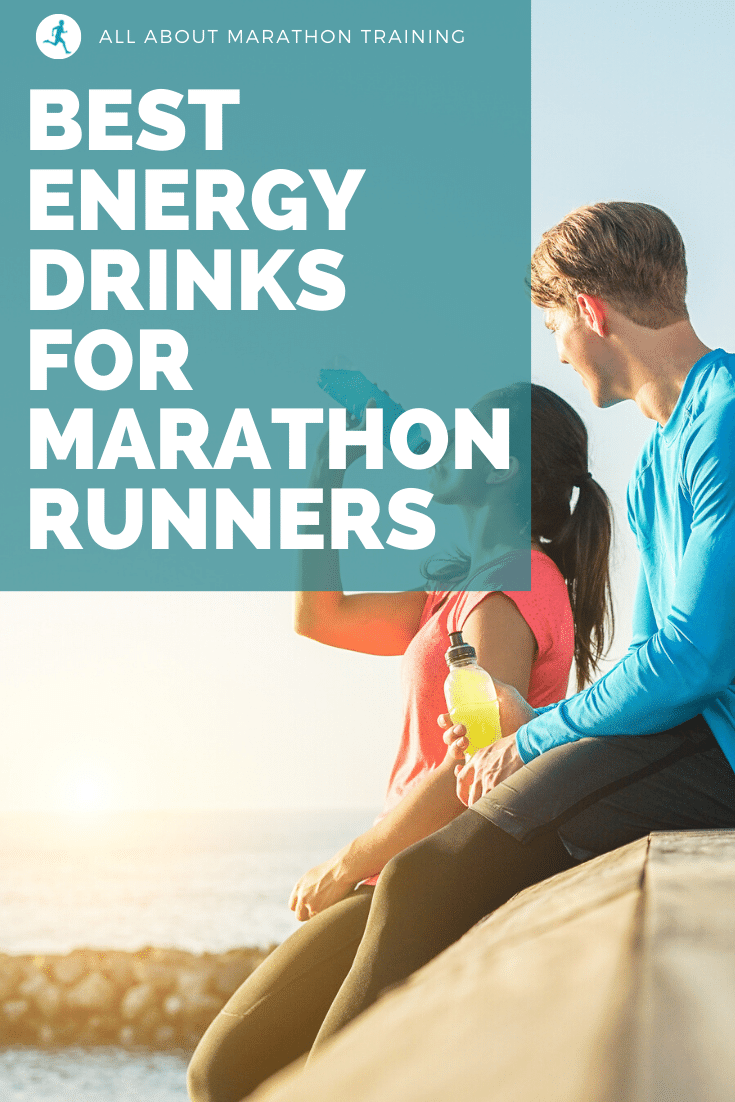

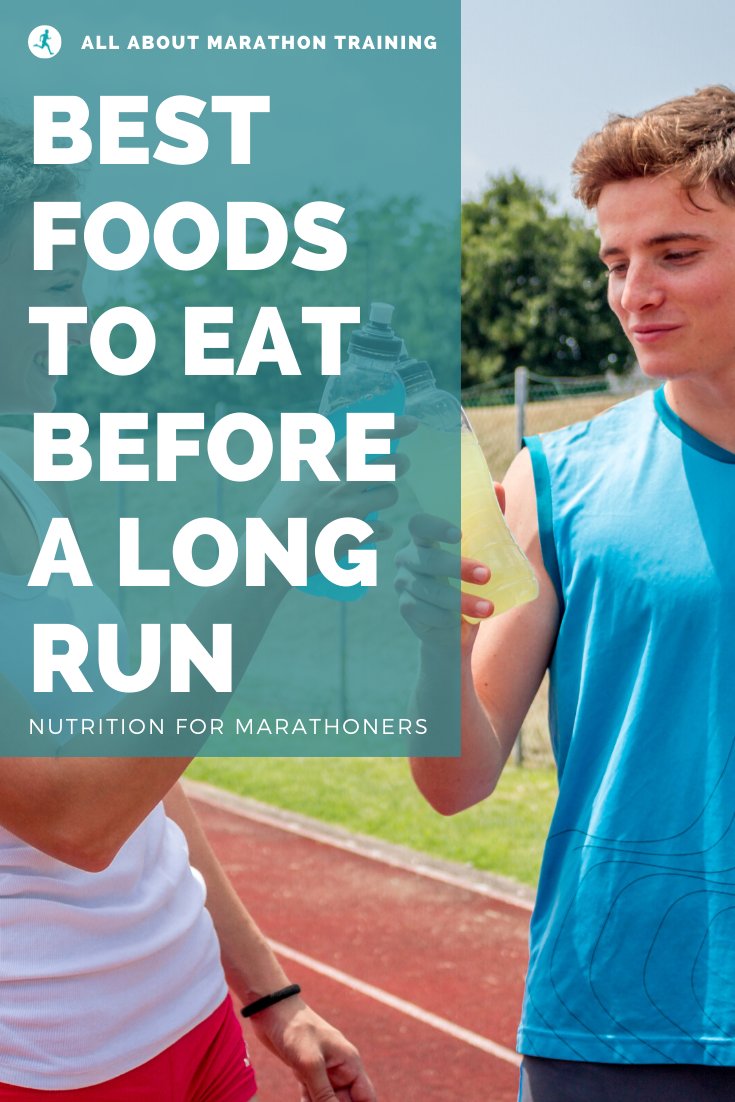
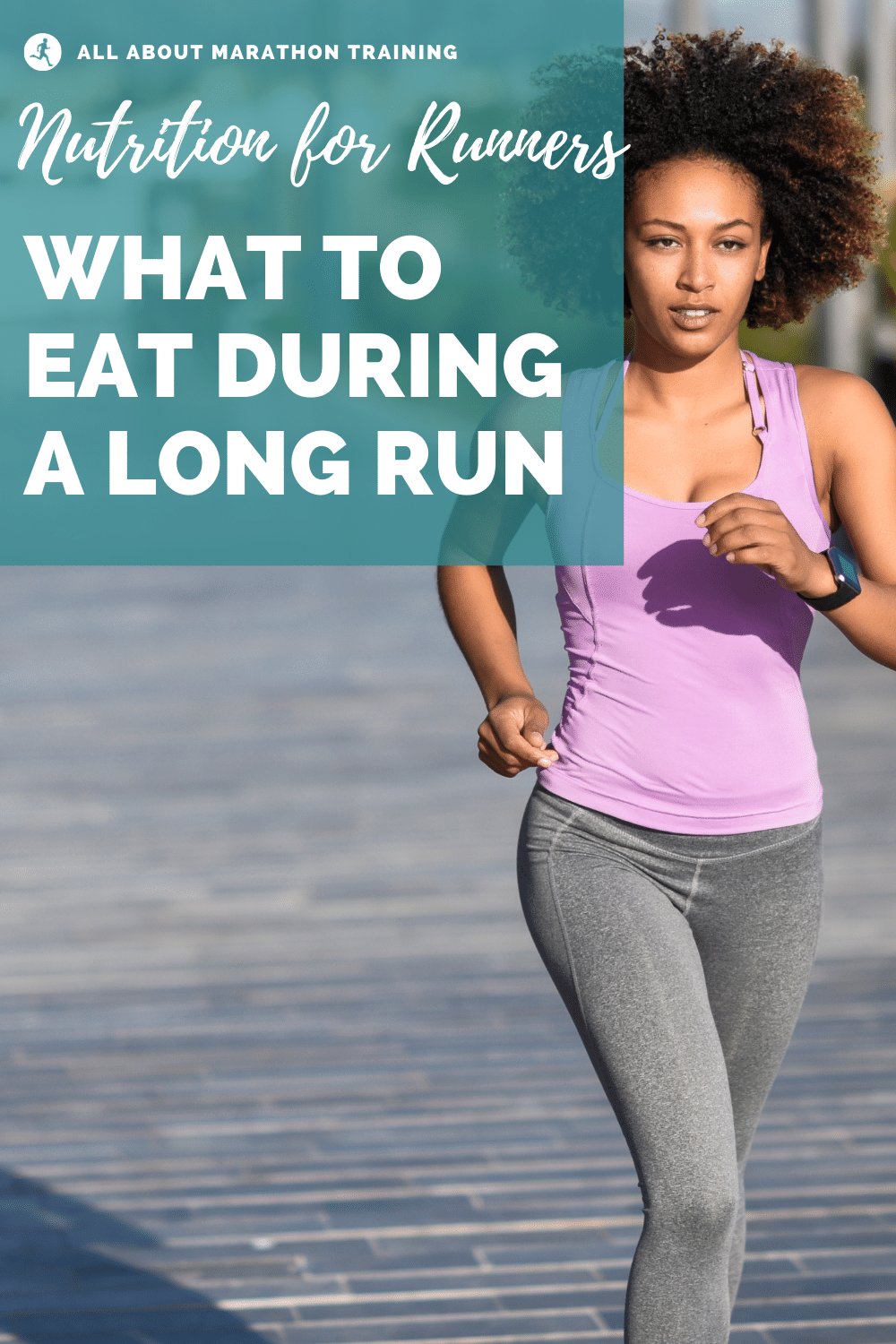
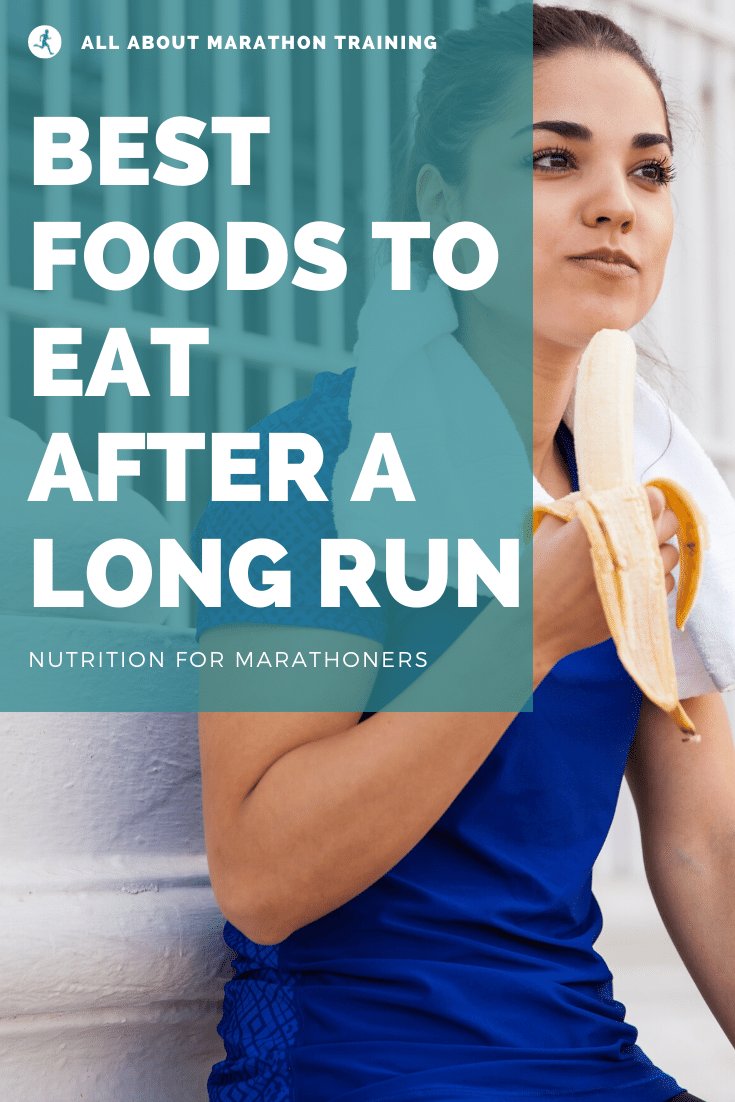
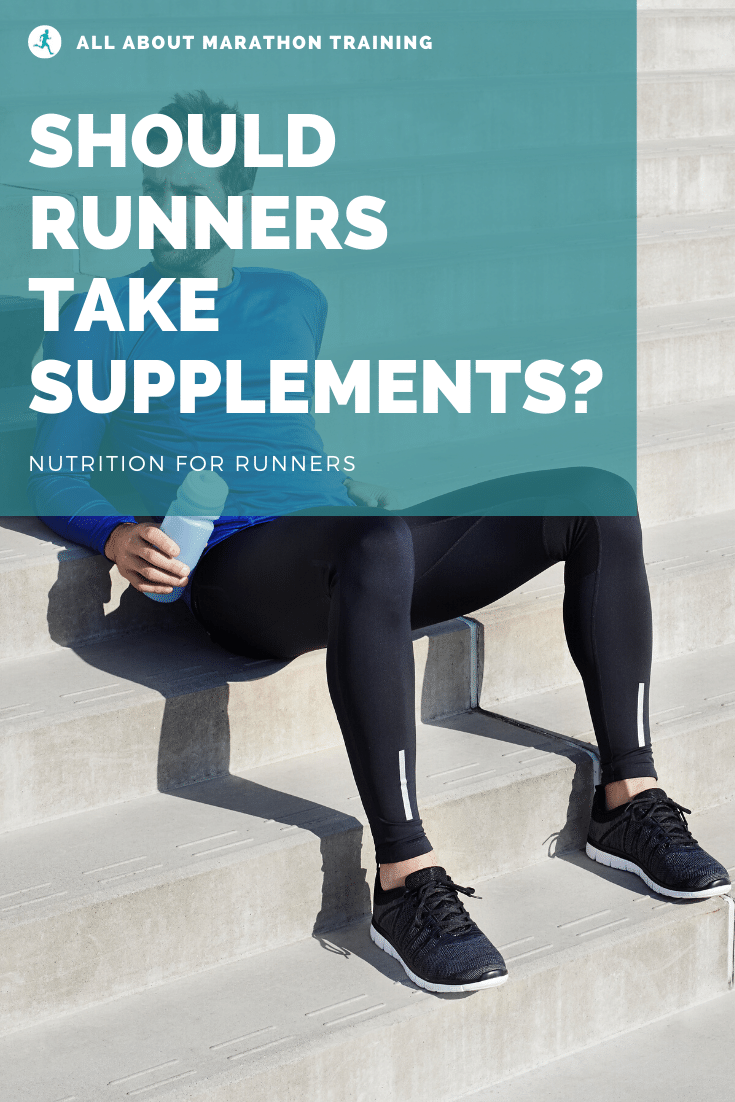
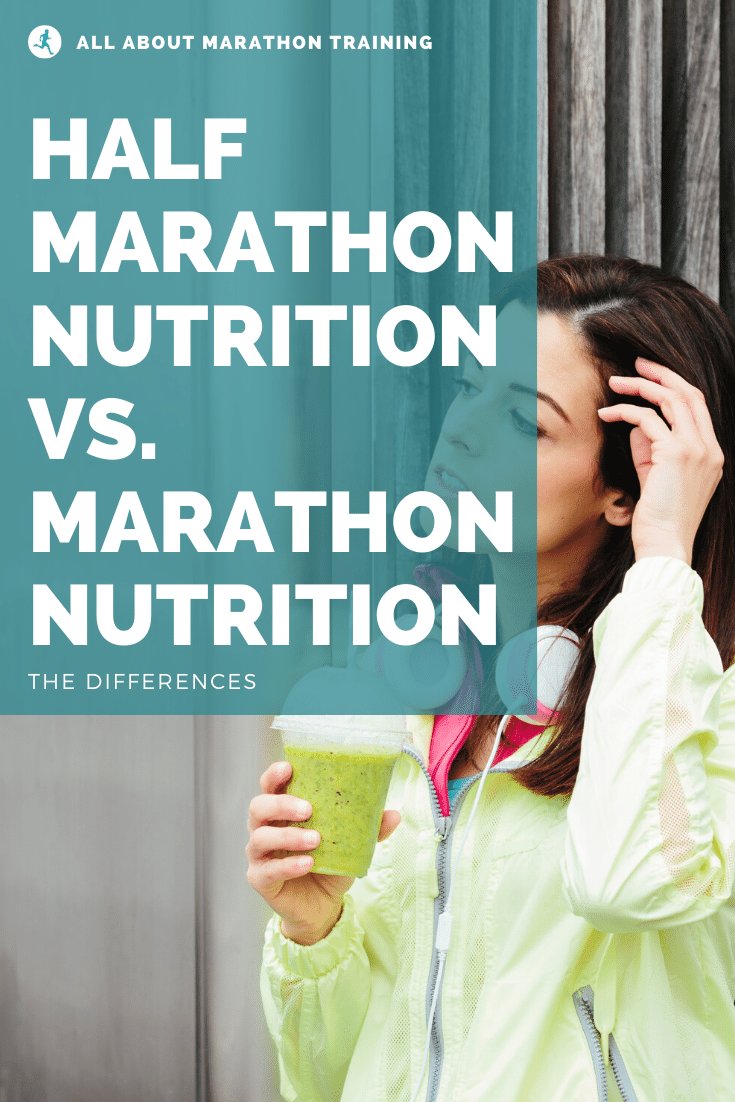
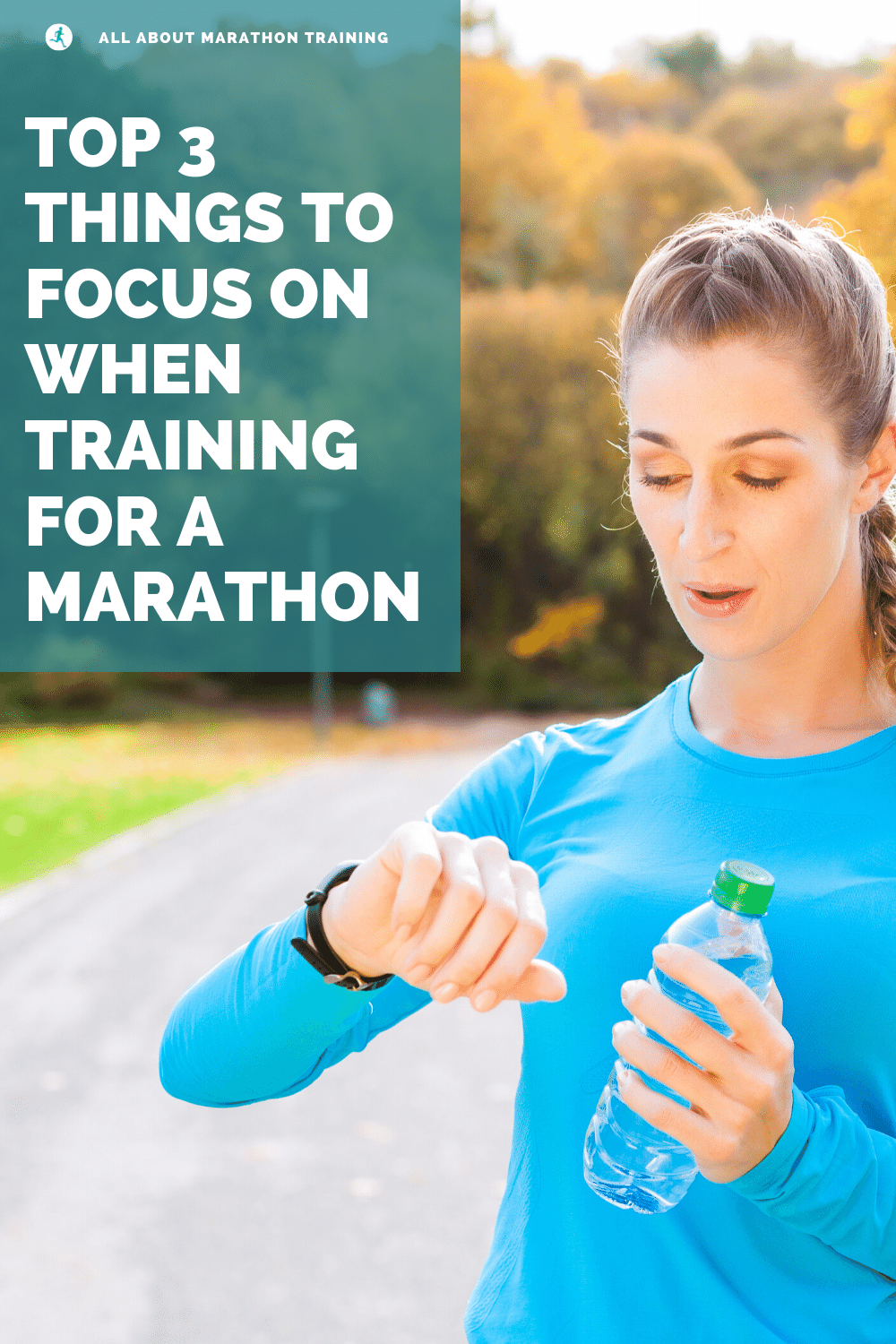
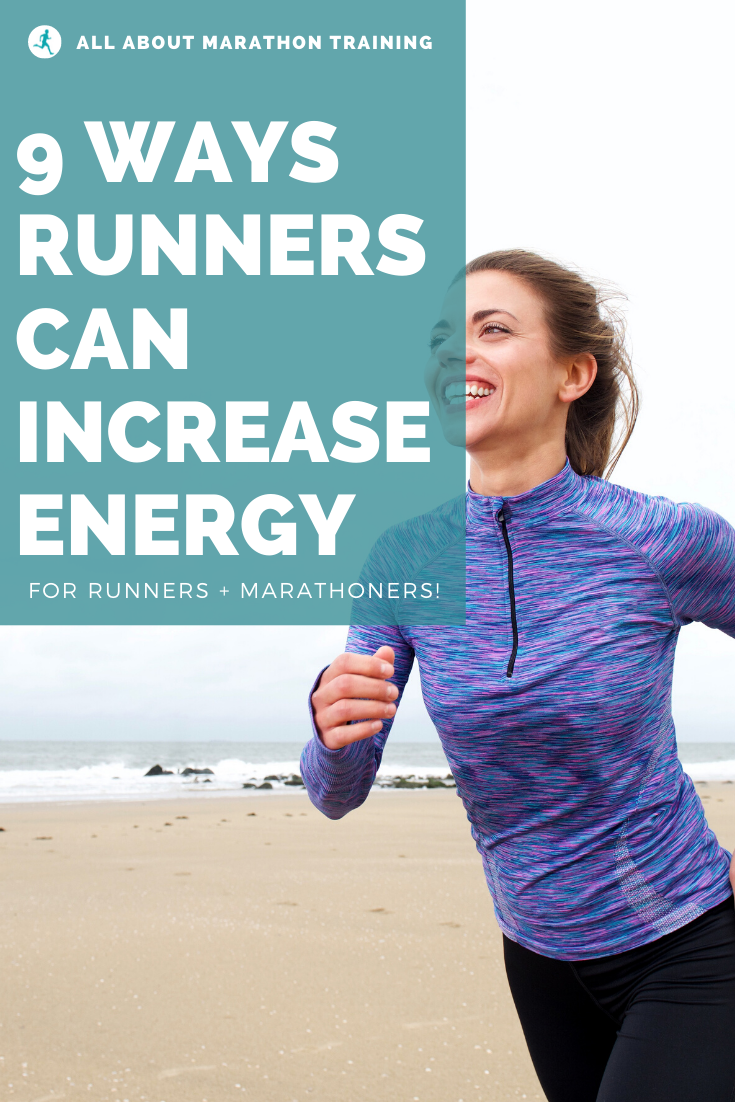
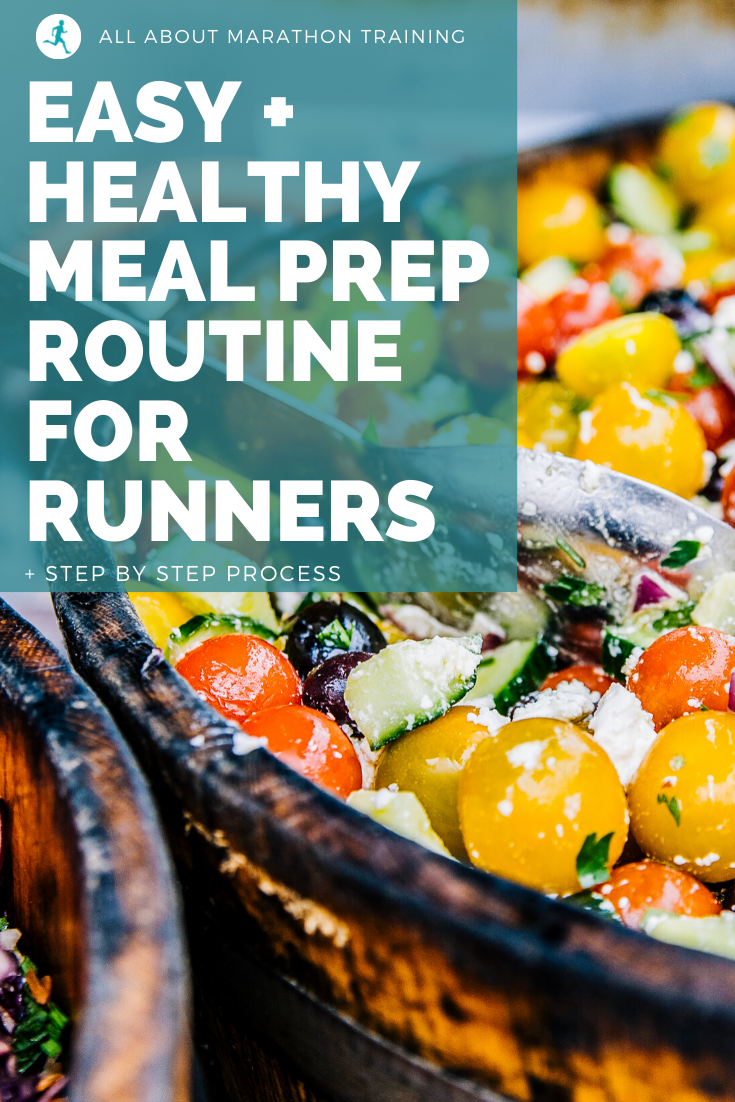
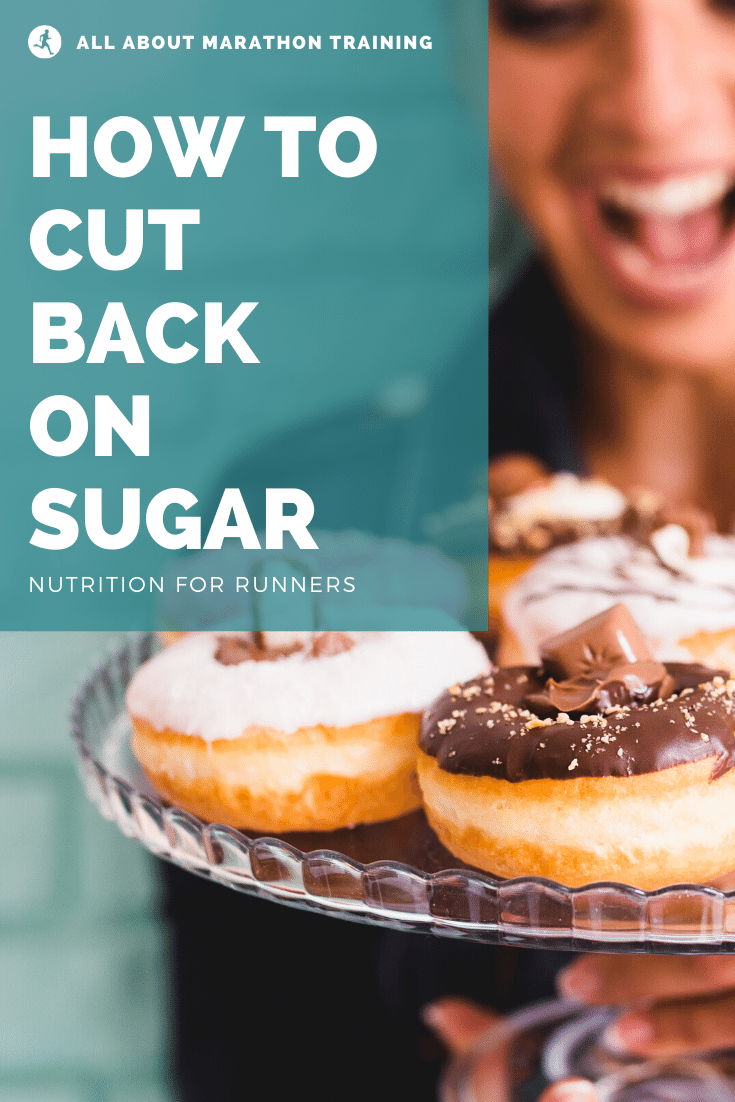
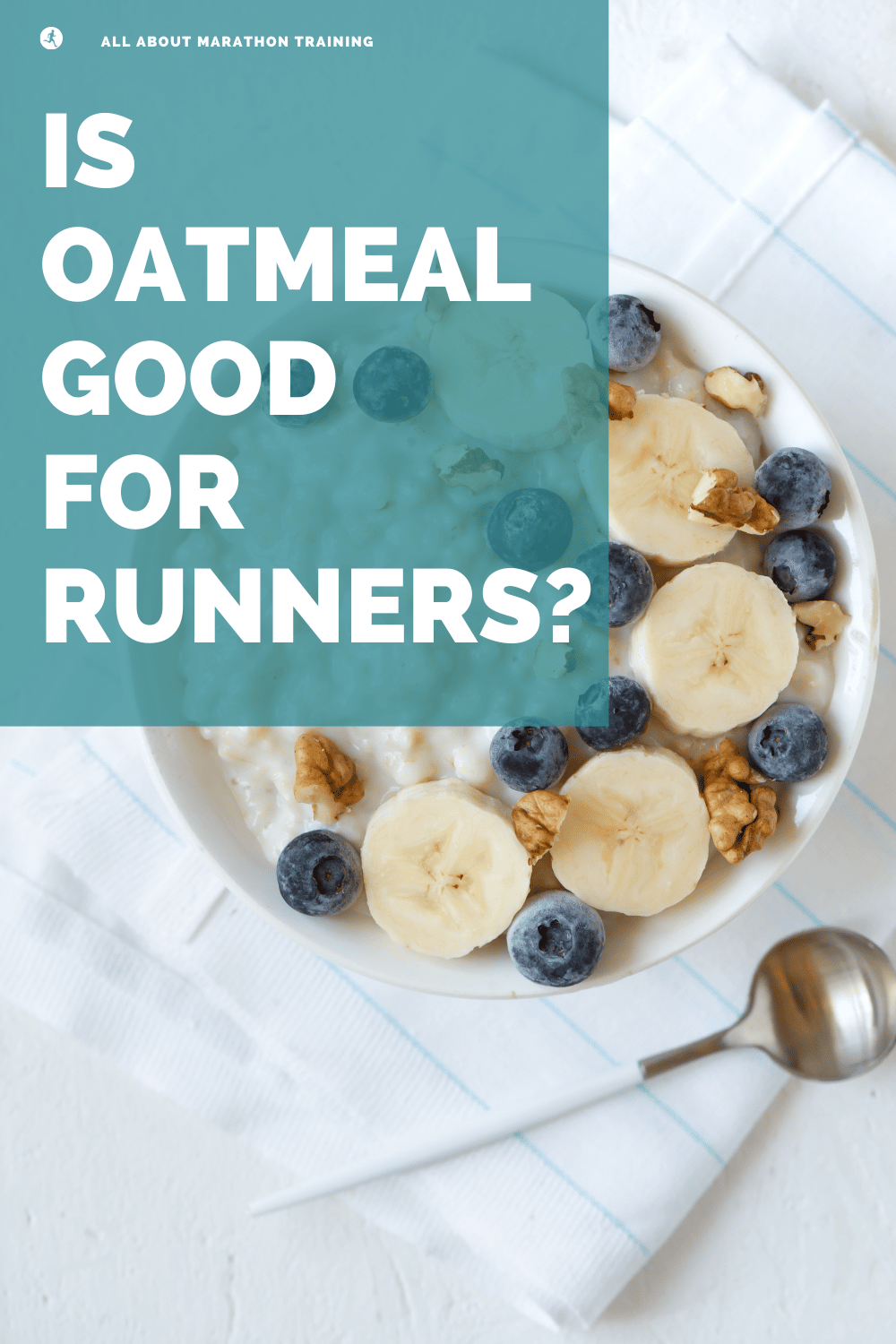
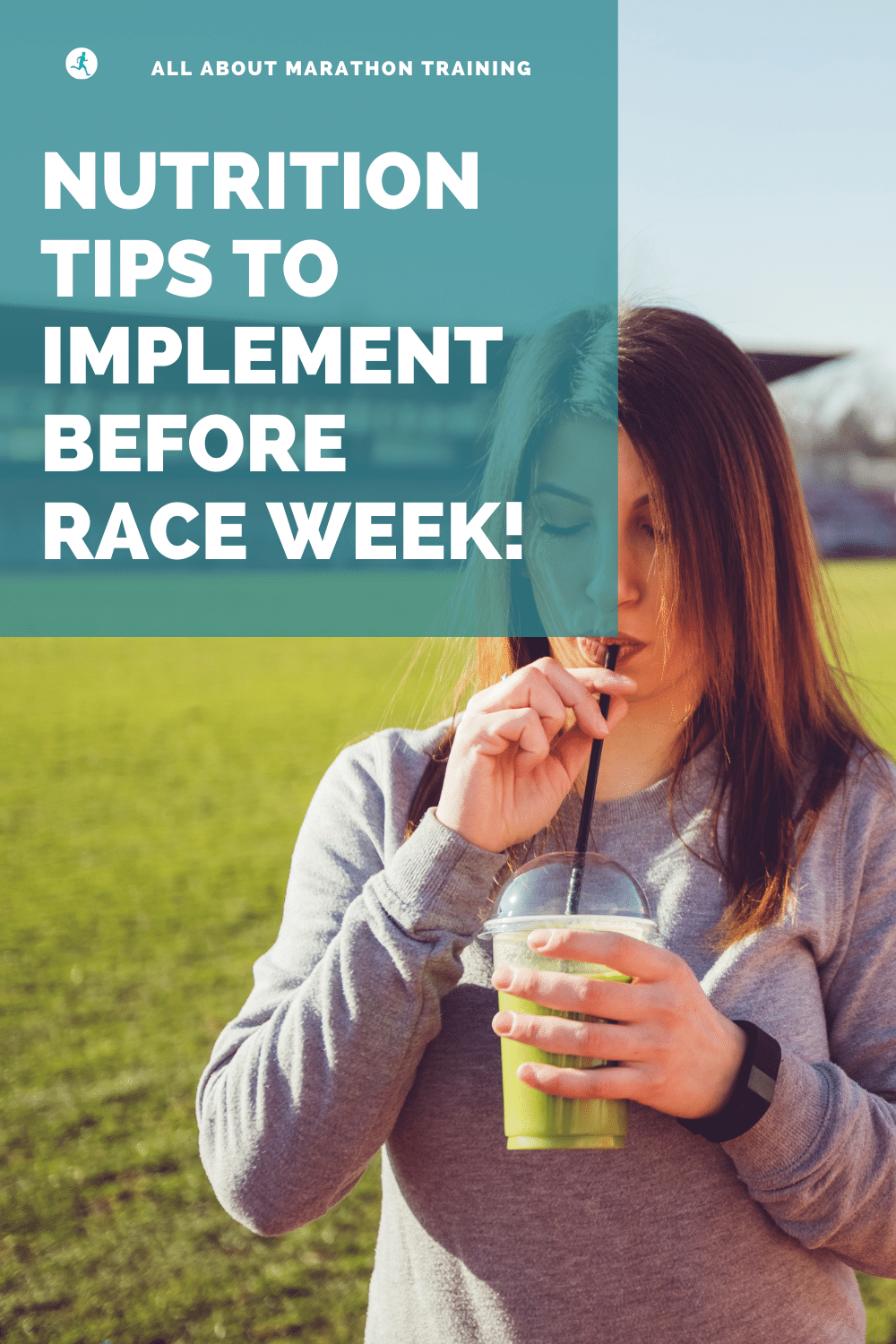
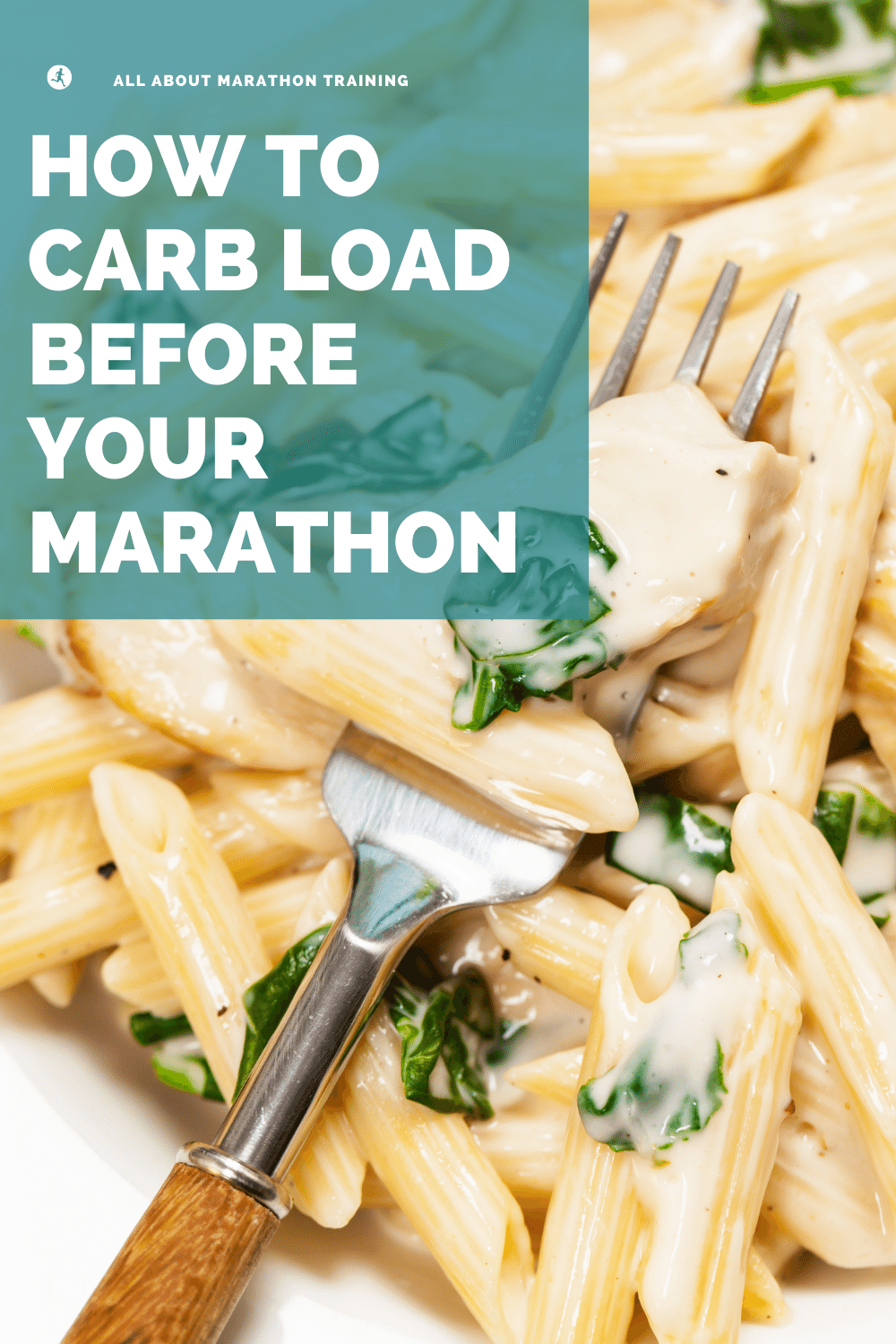
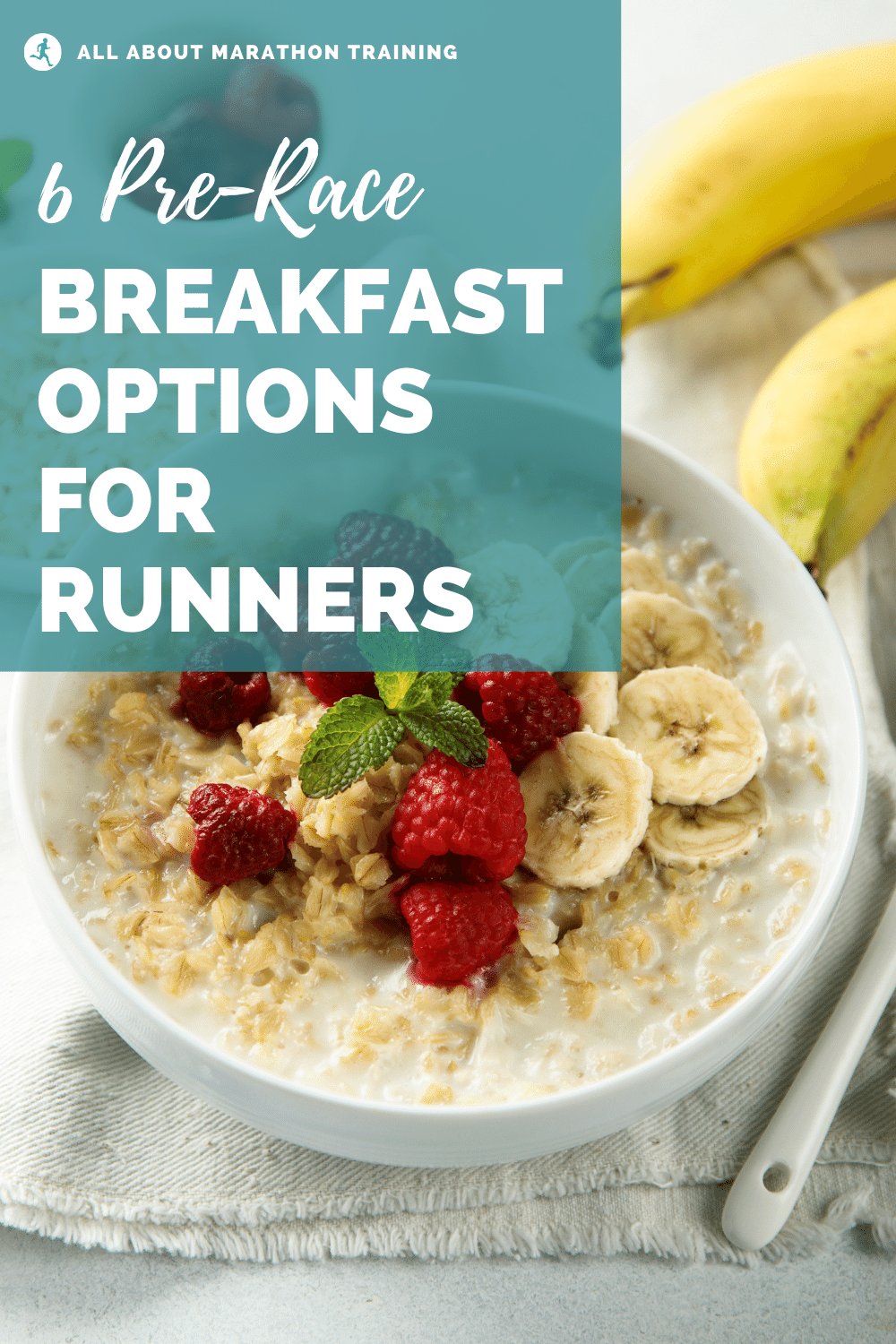
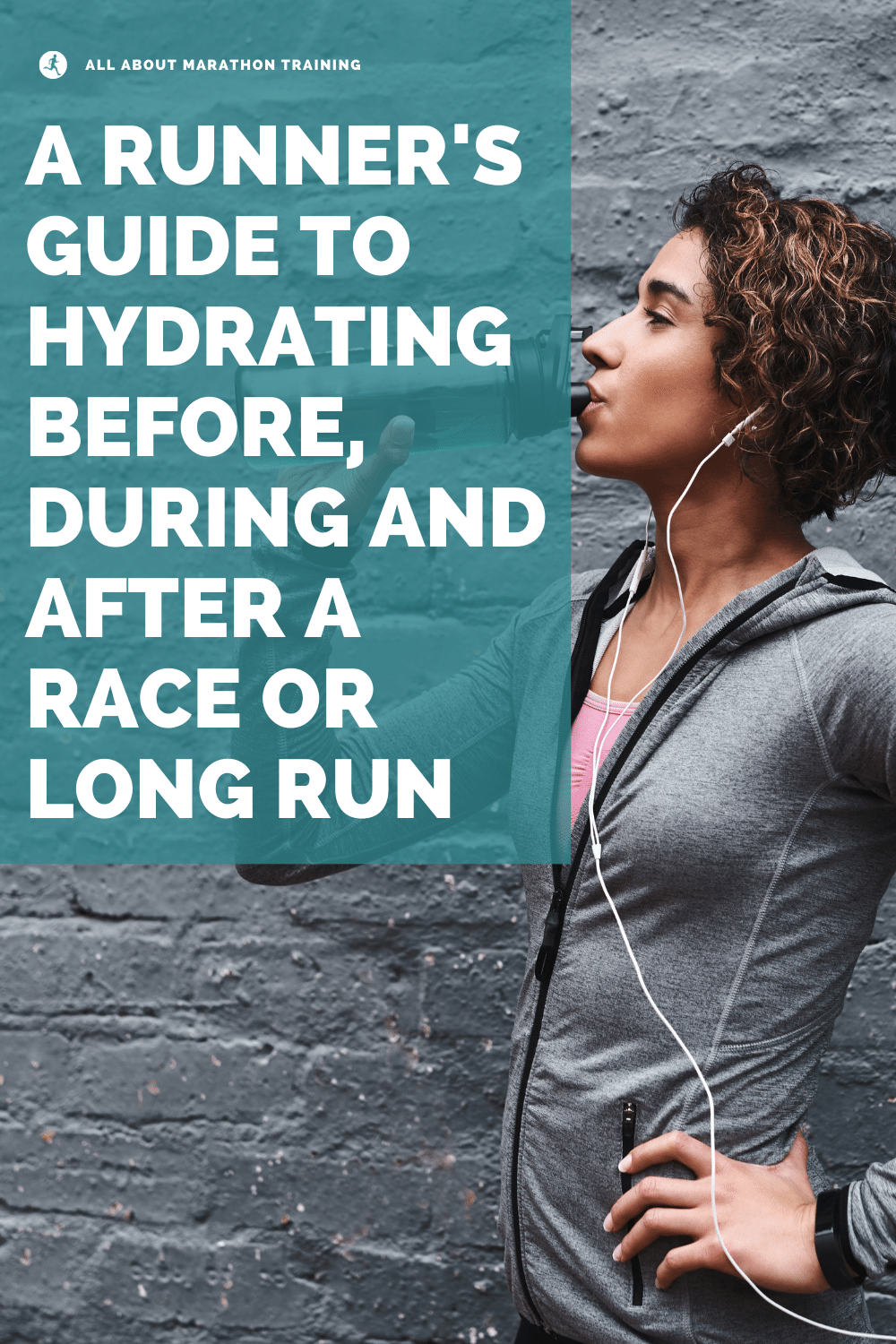
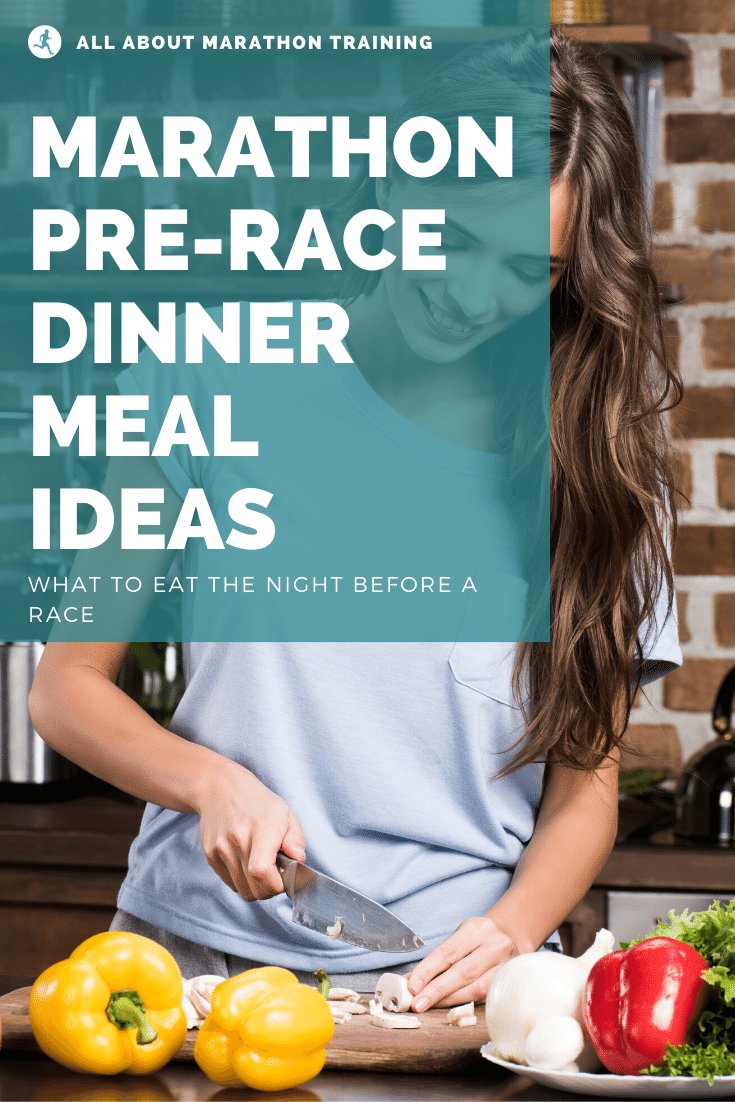
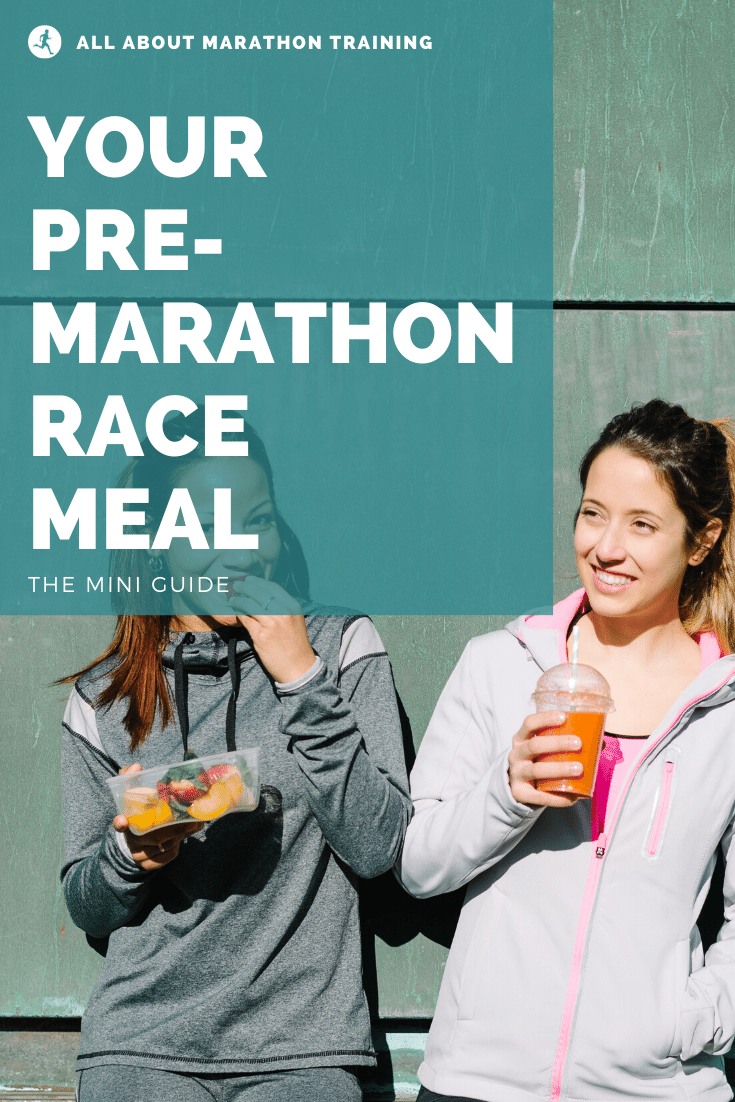
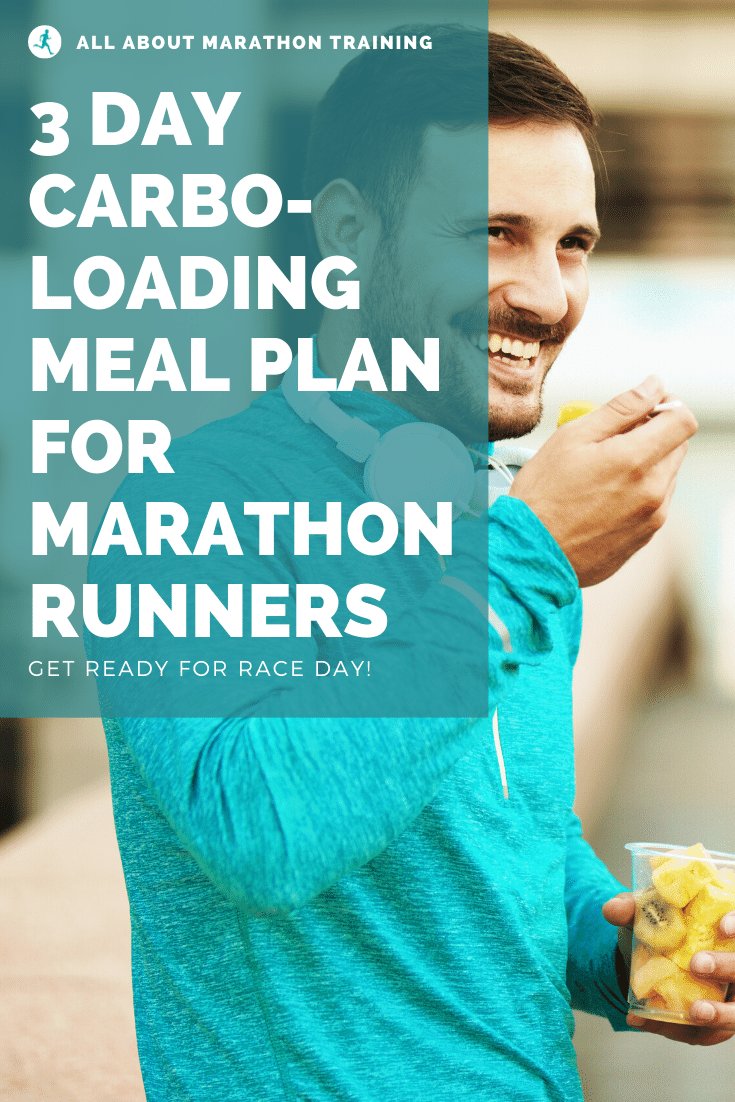
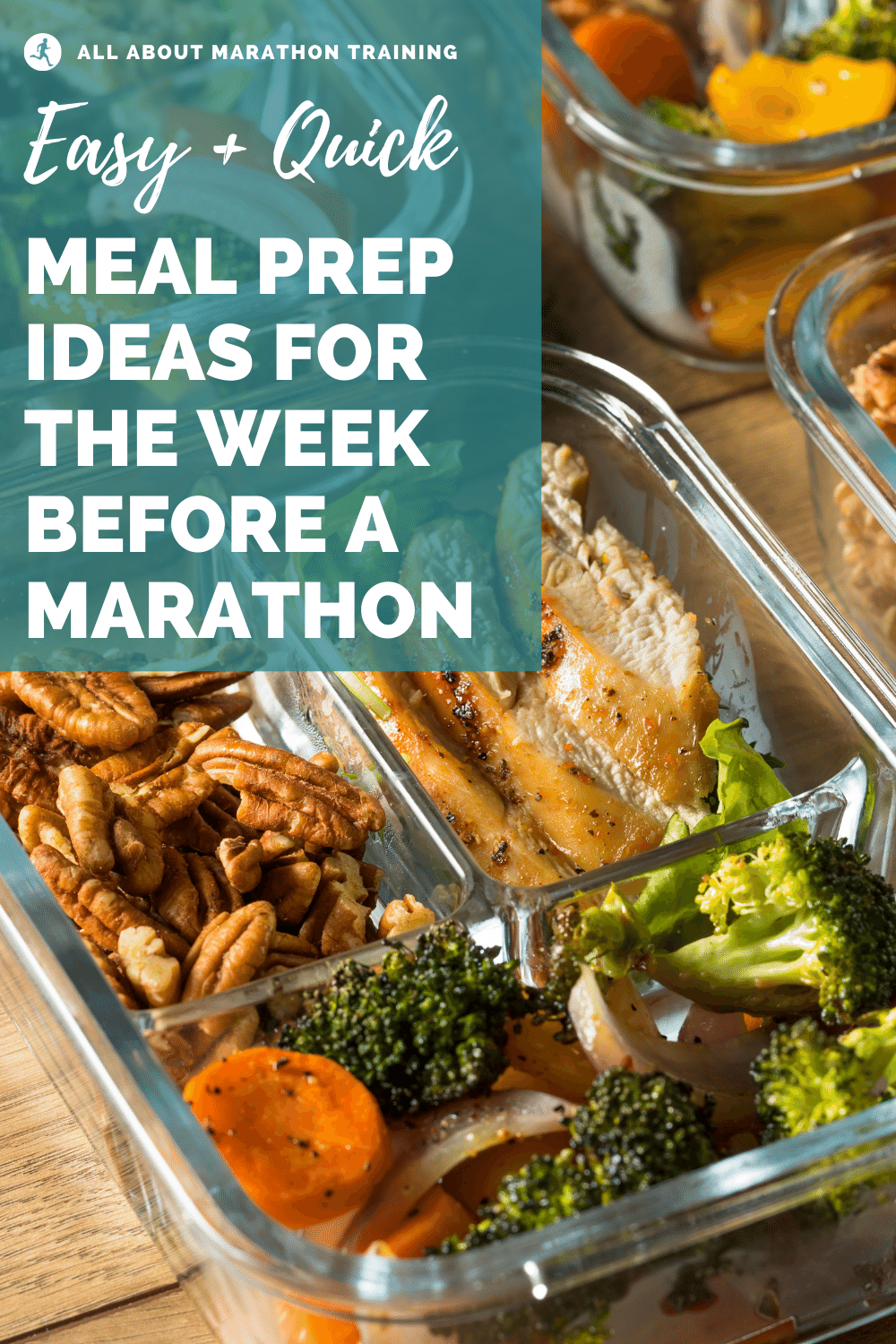

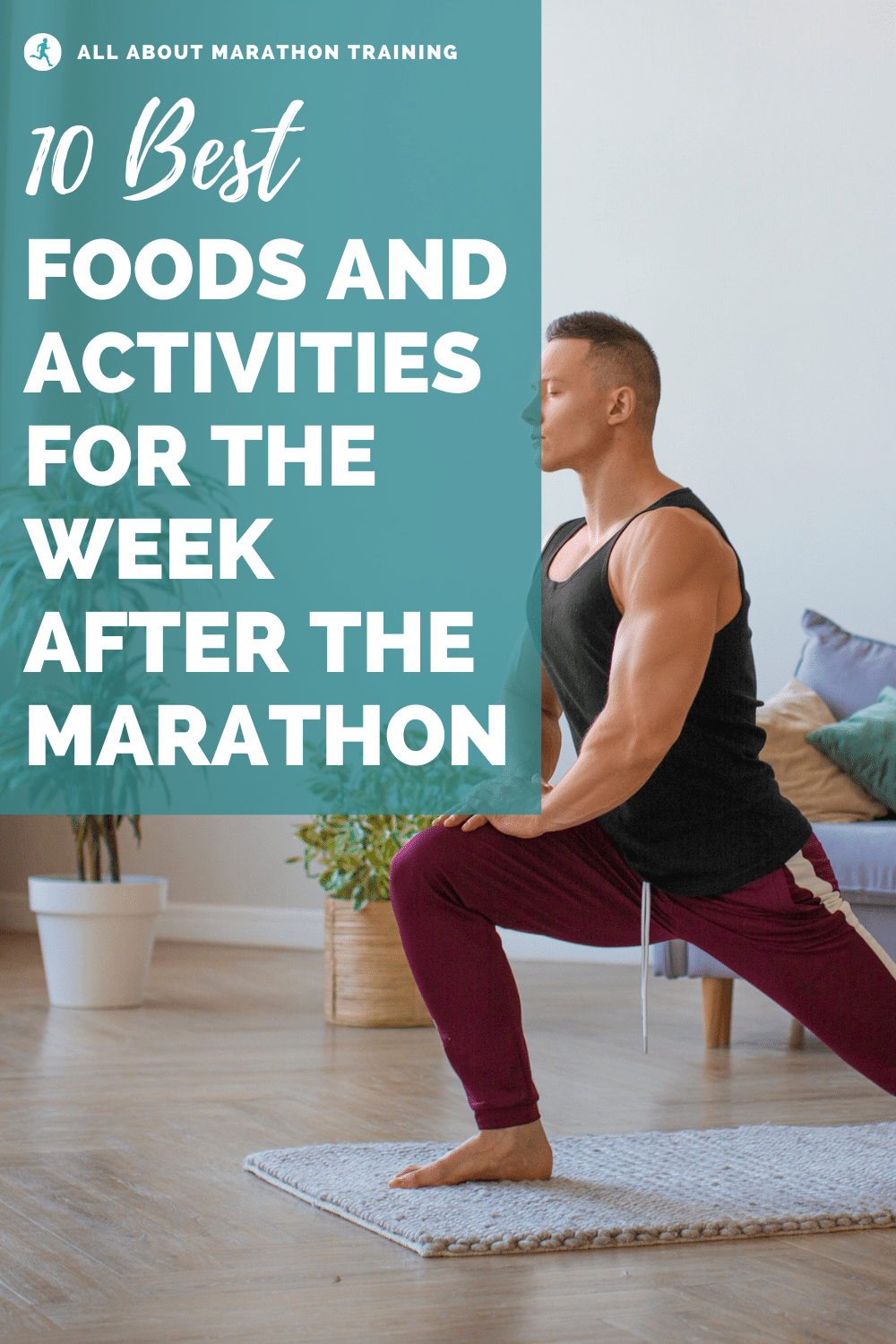
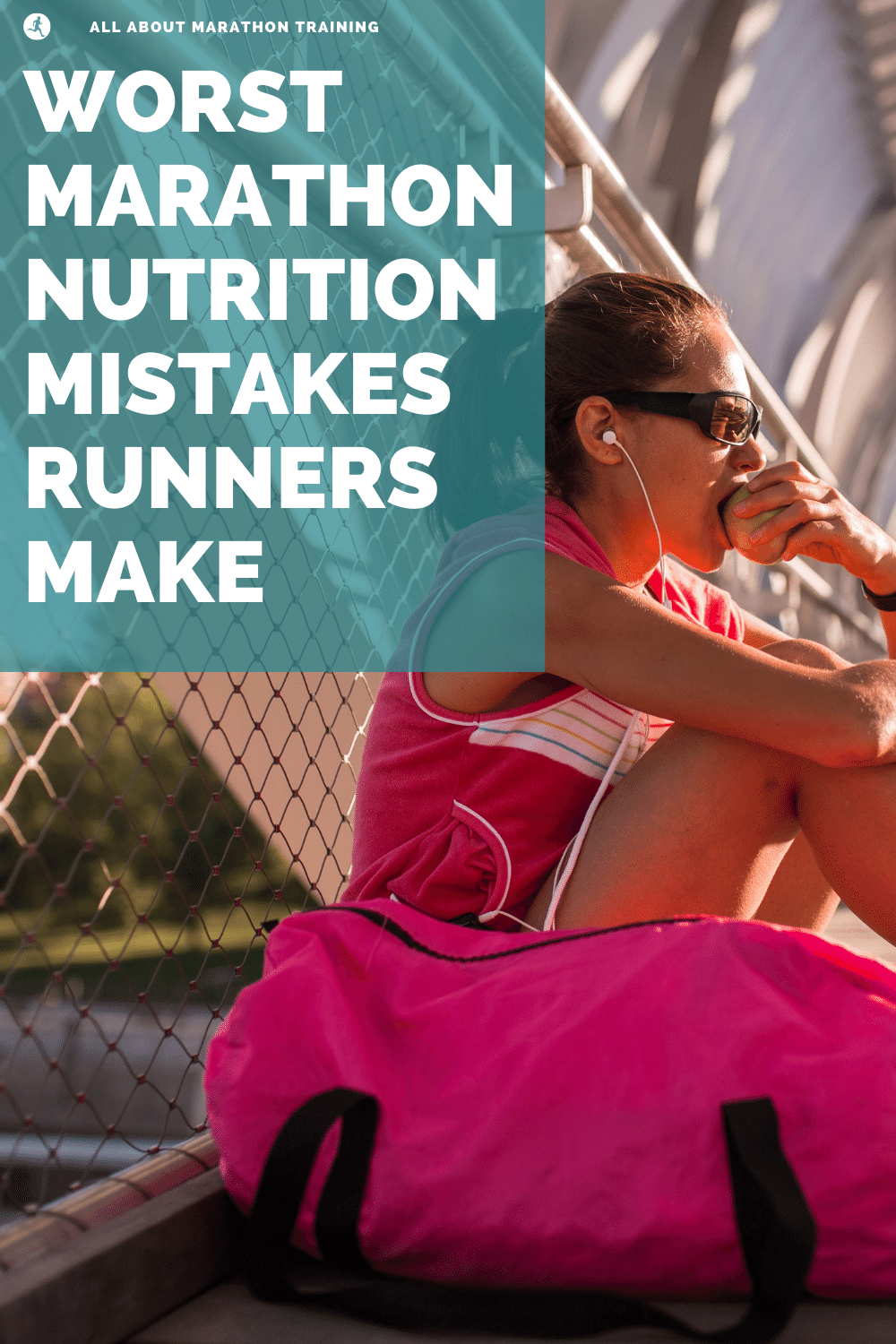
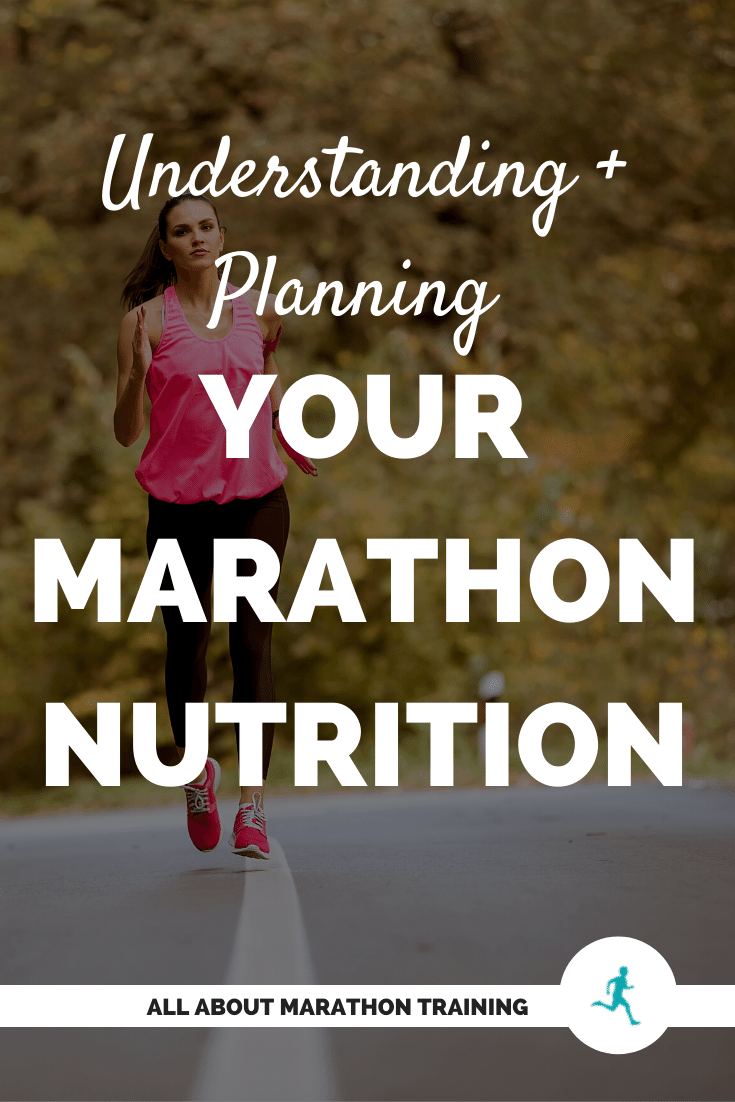

New! Comments
Have your say about what you just read! Leave me a comment in the box below.